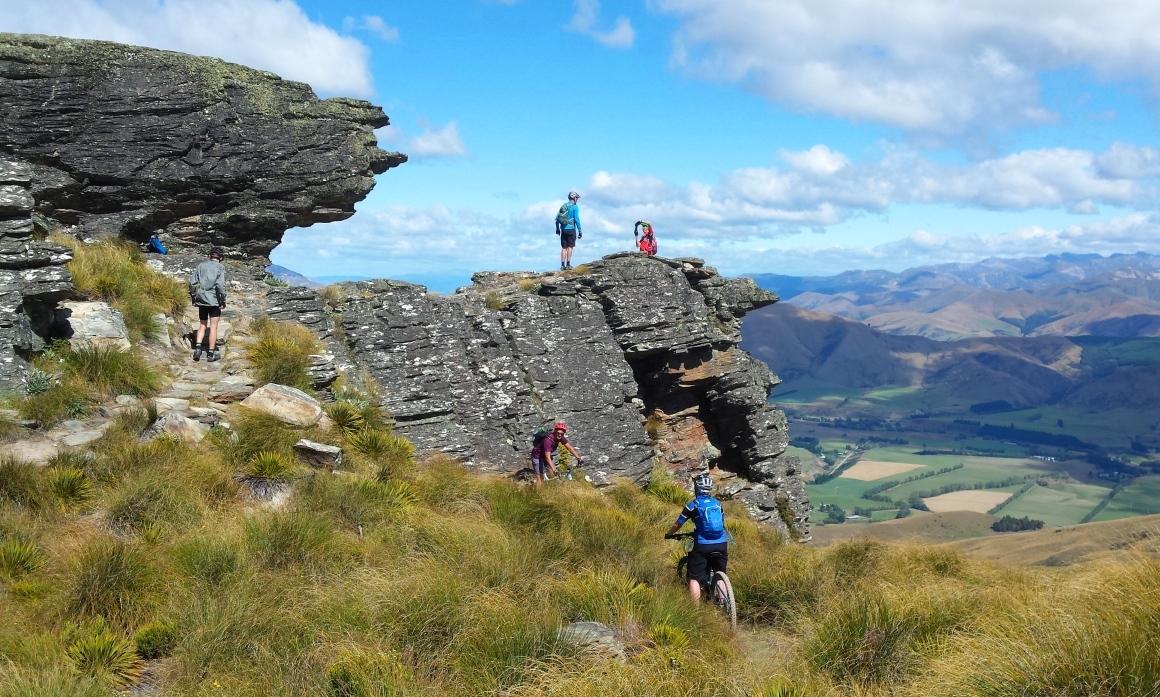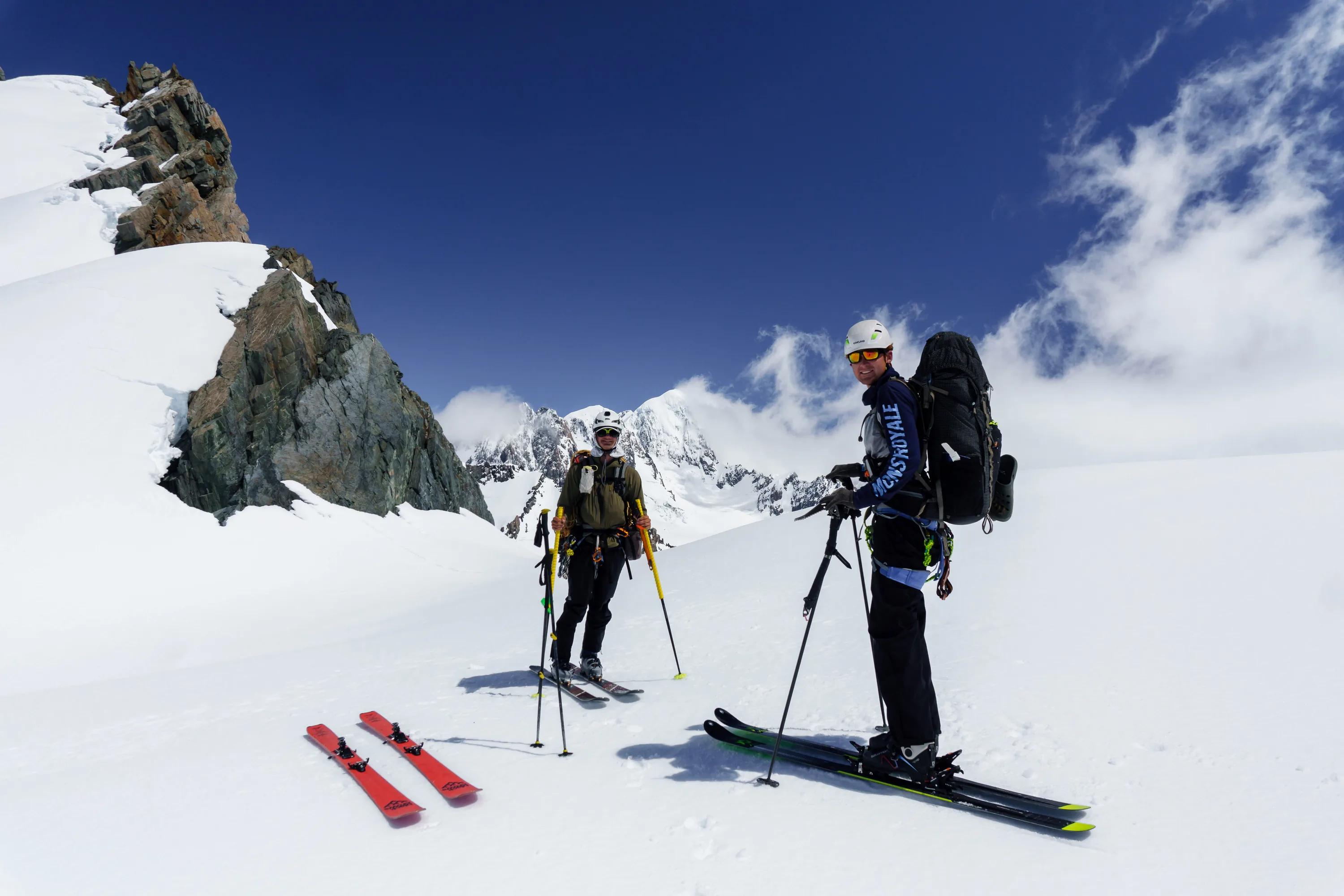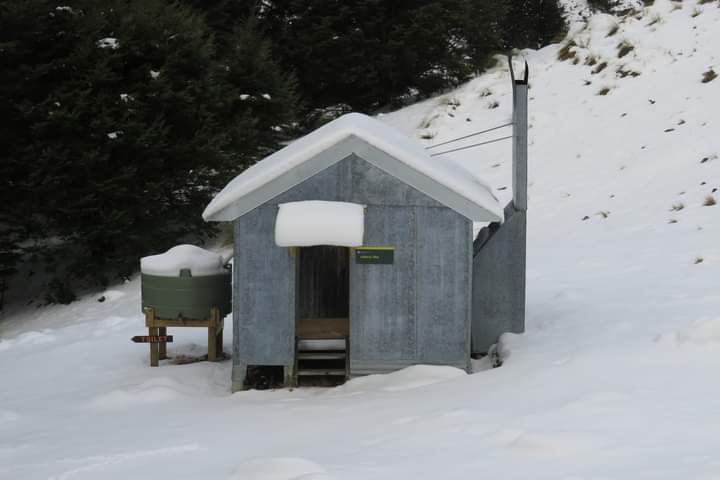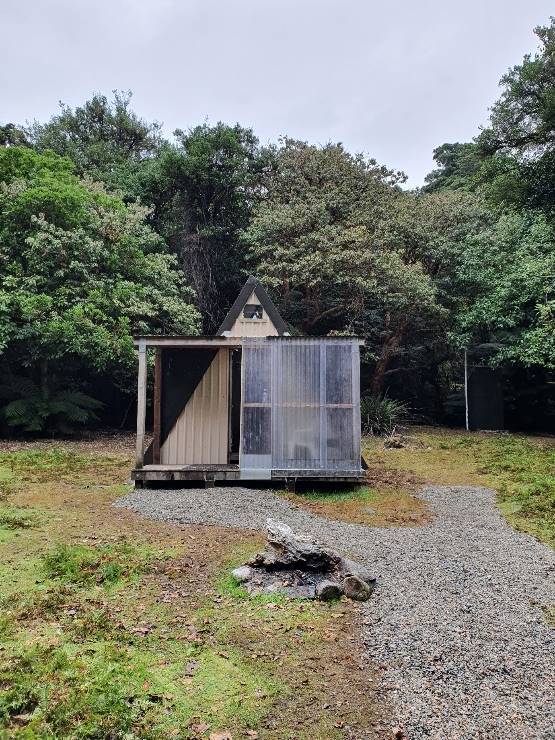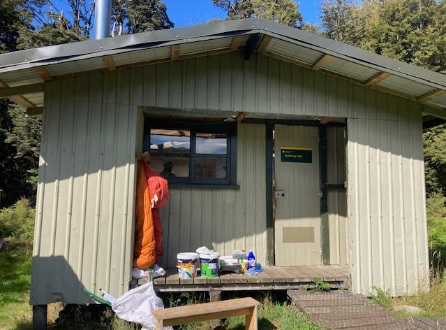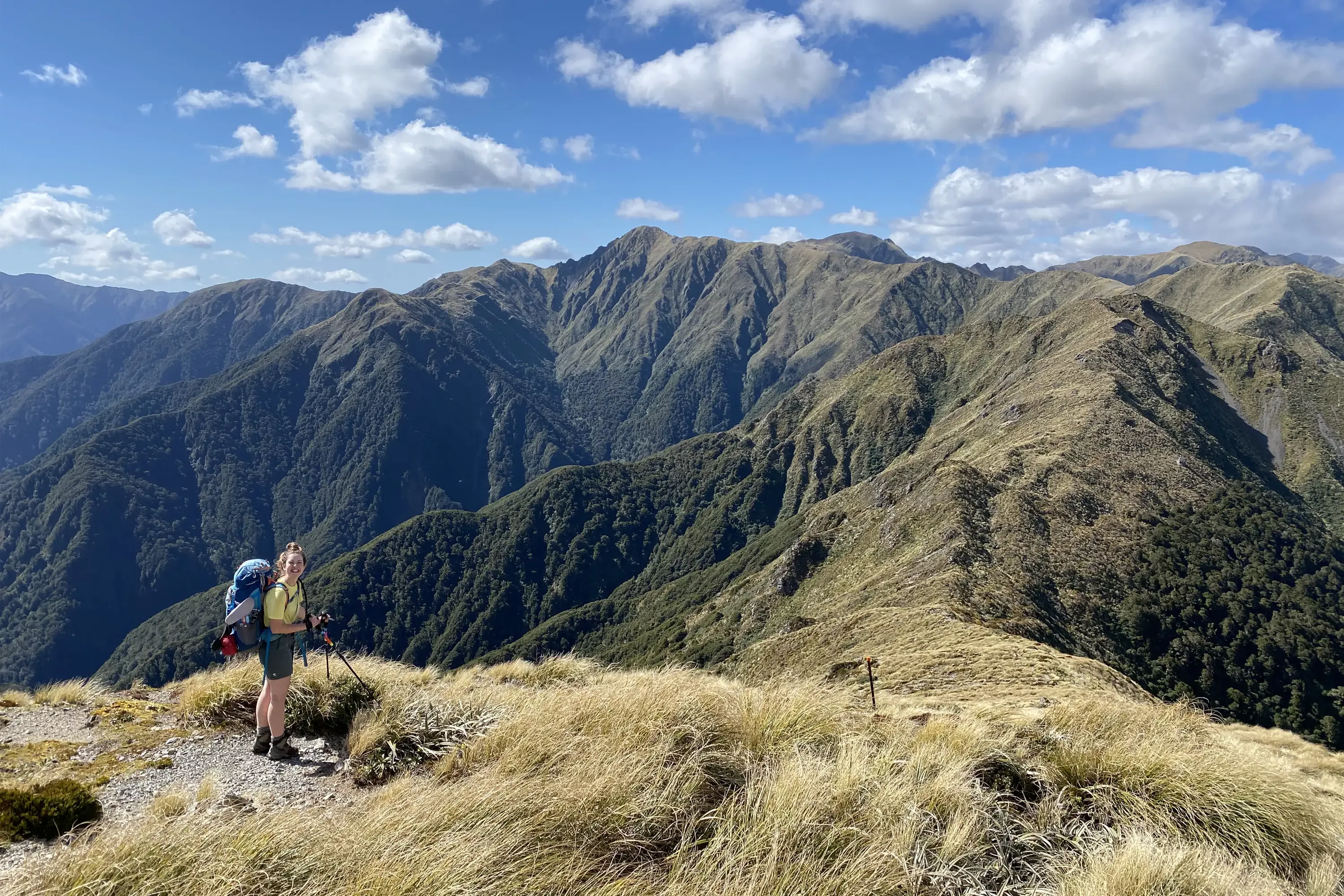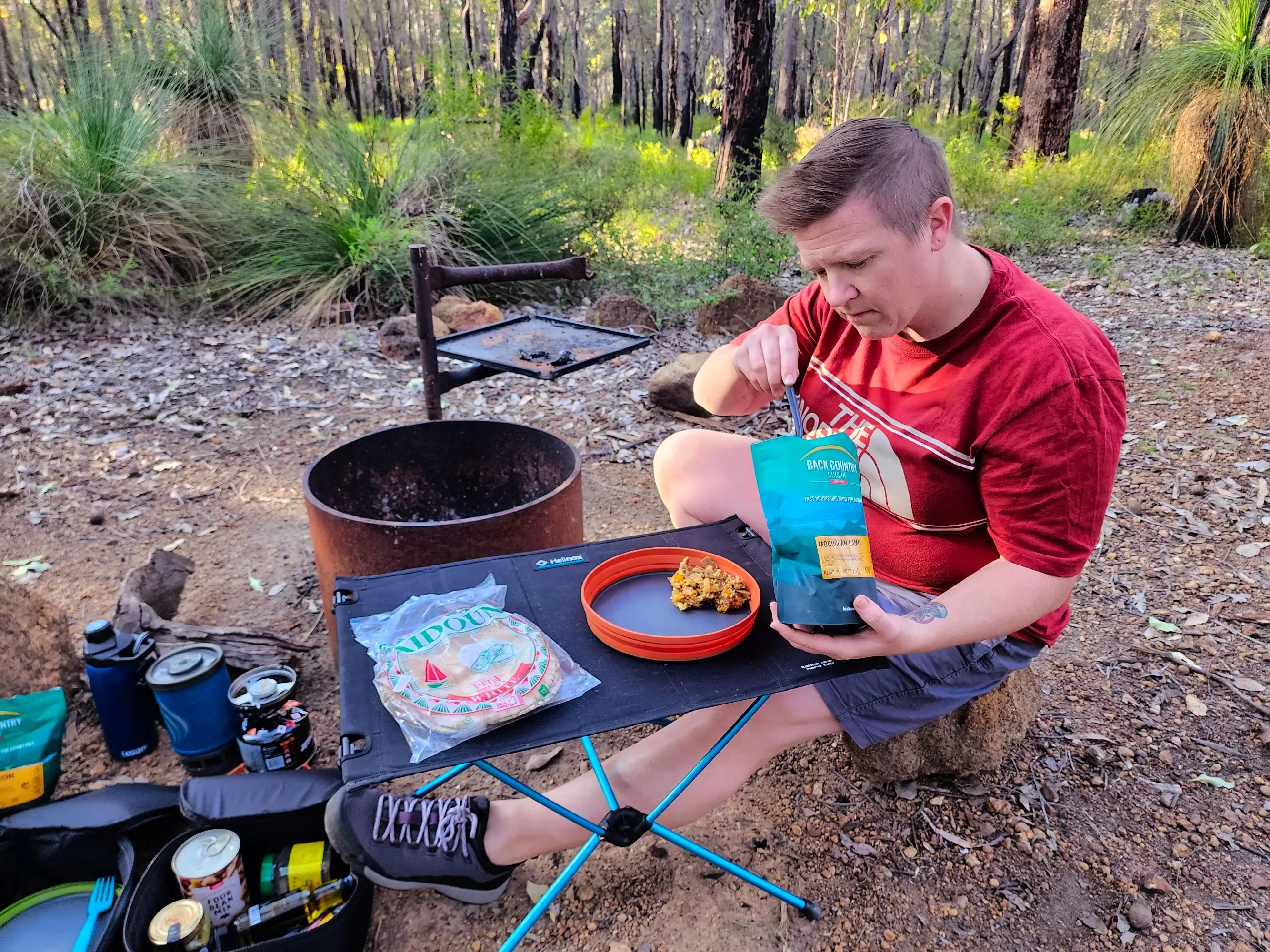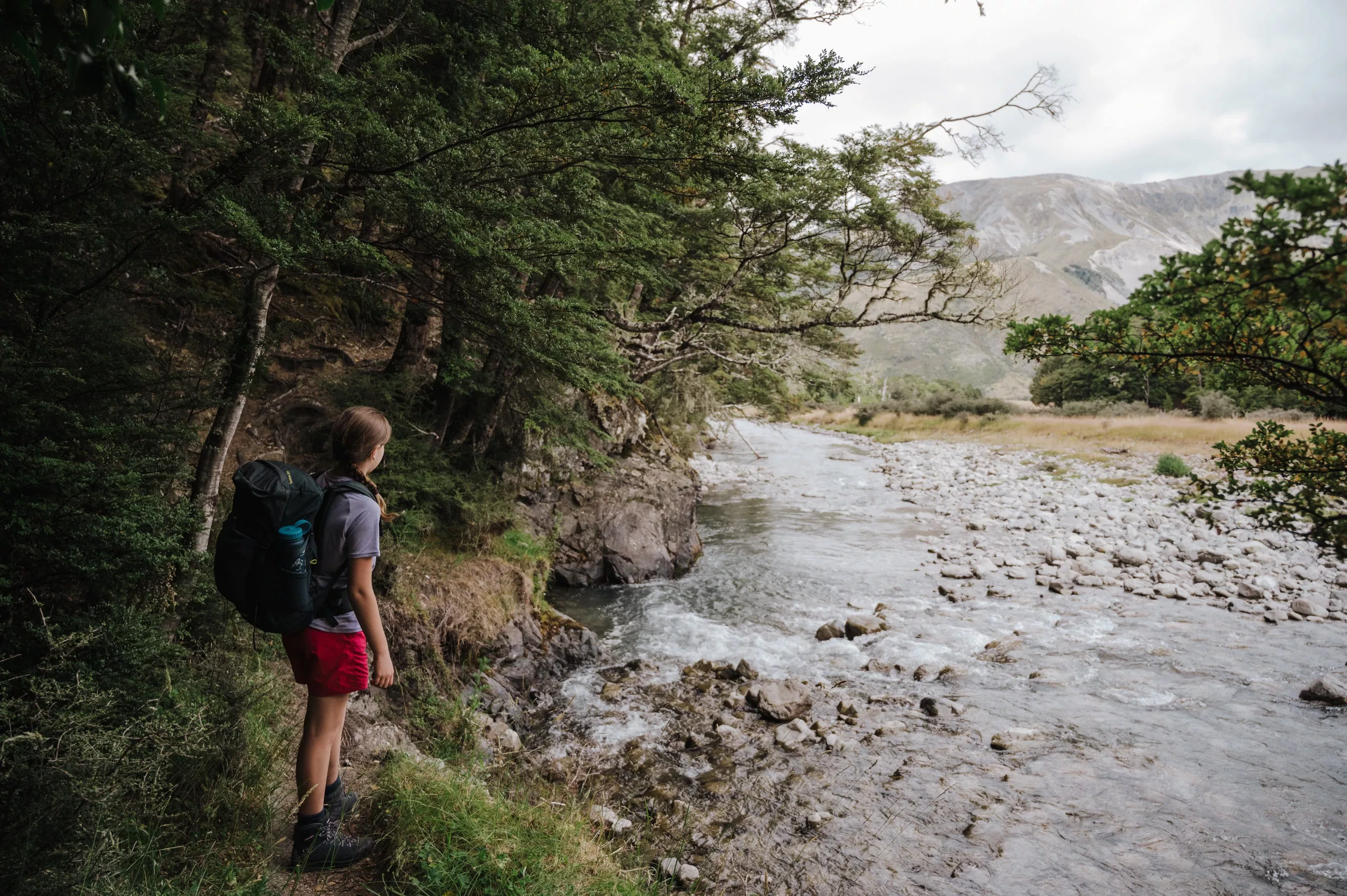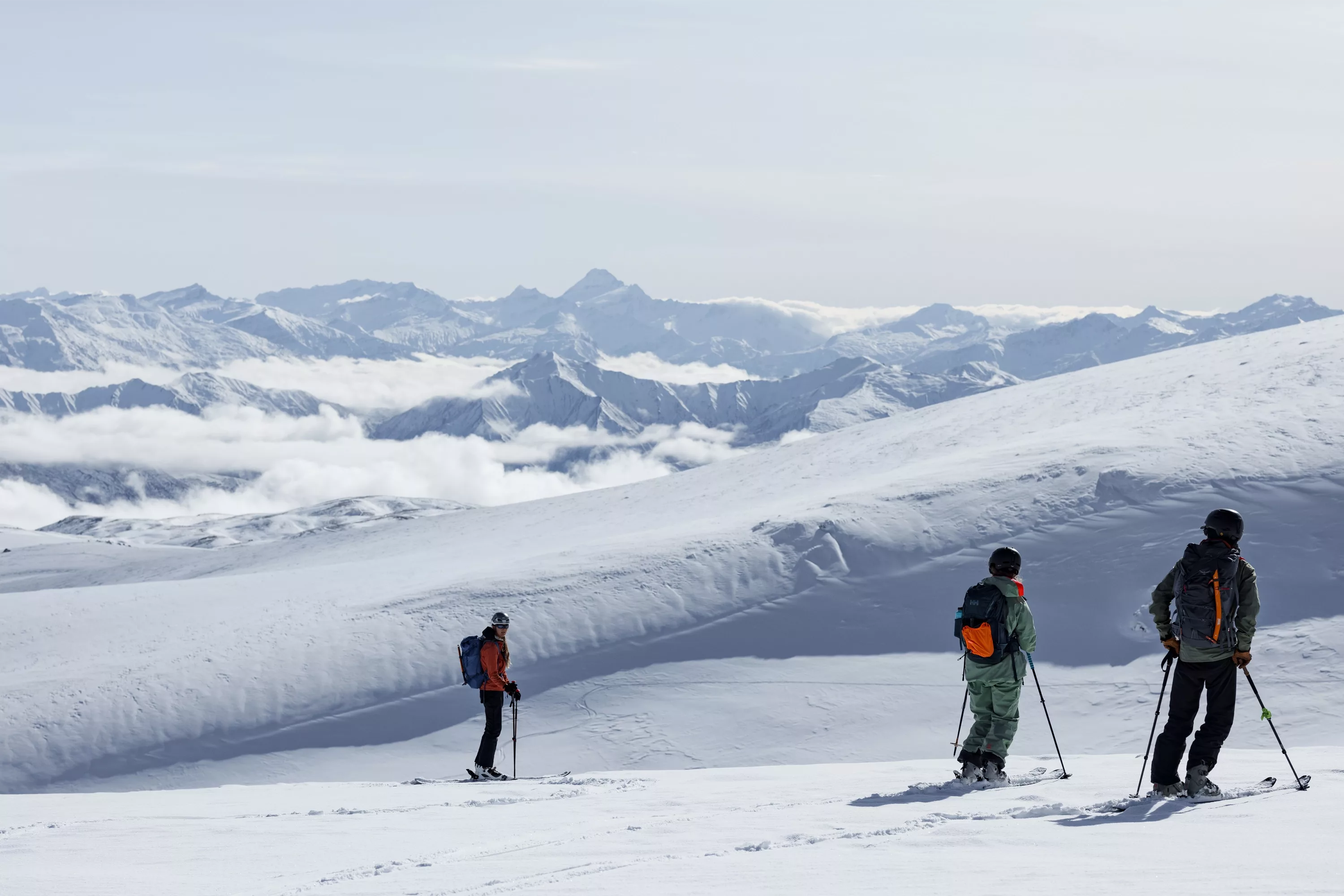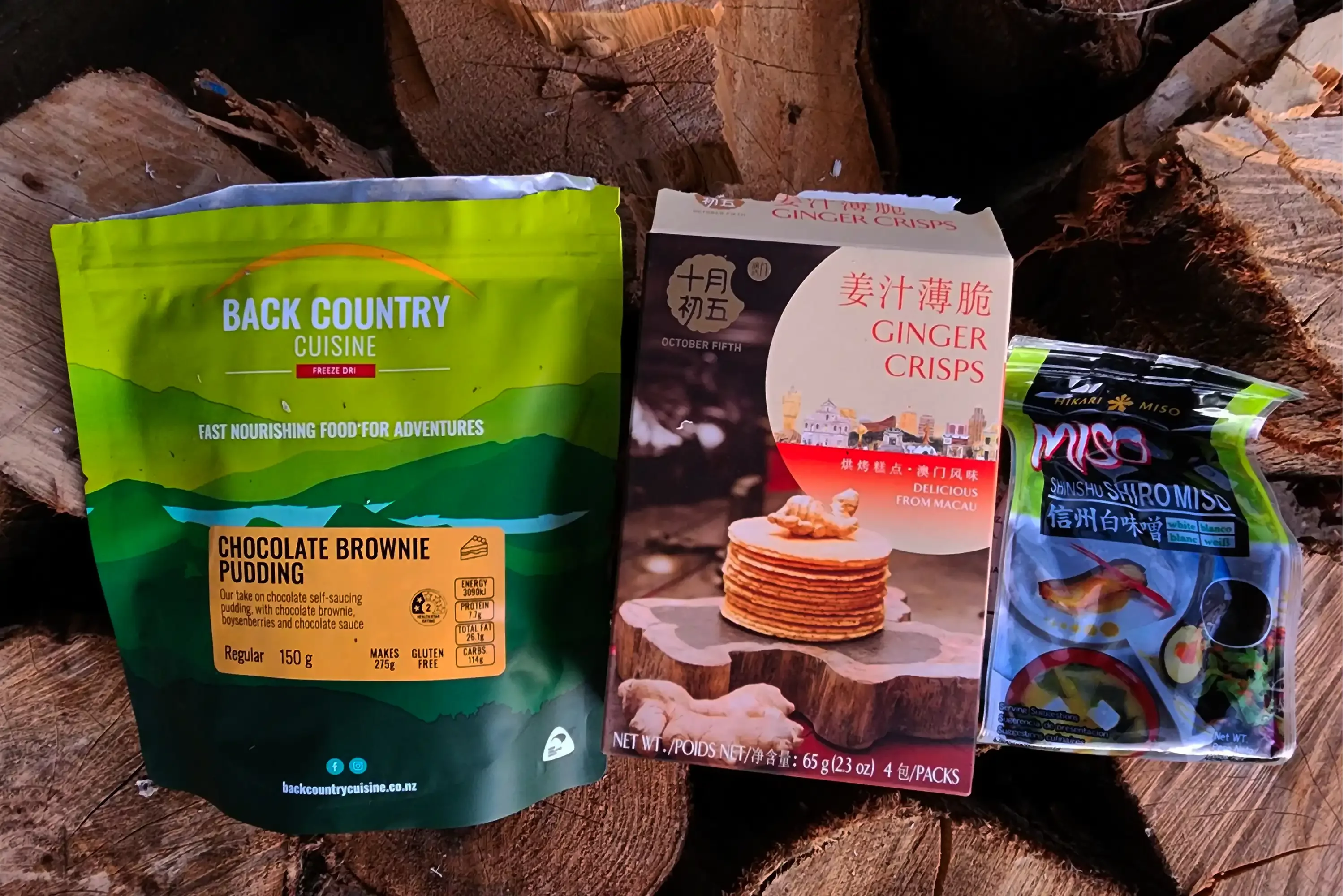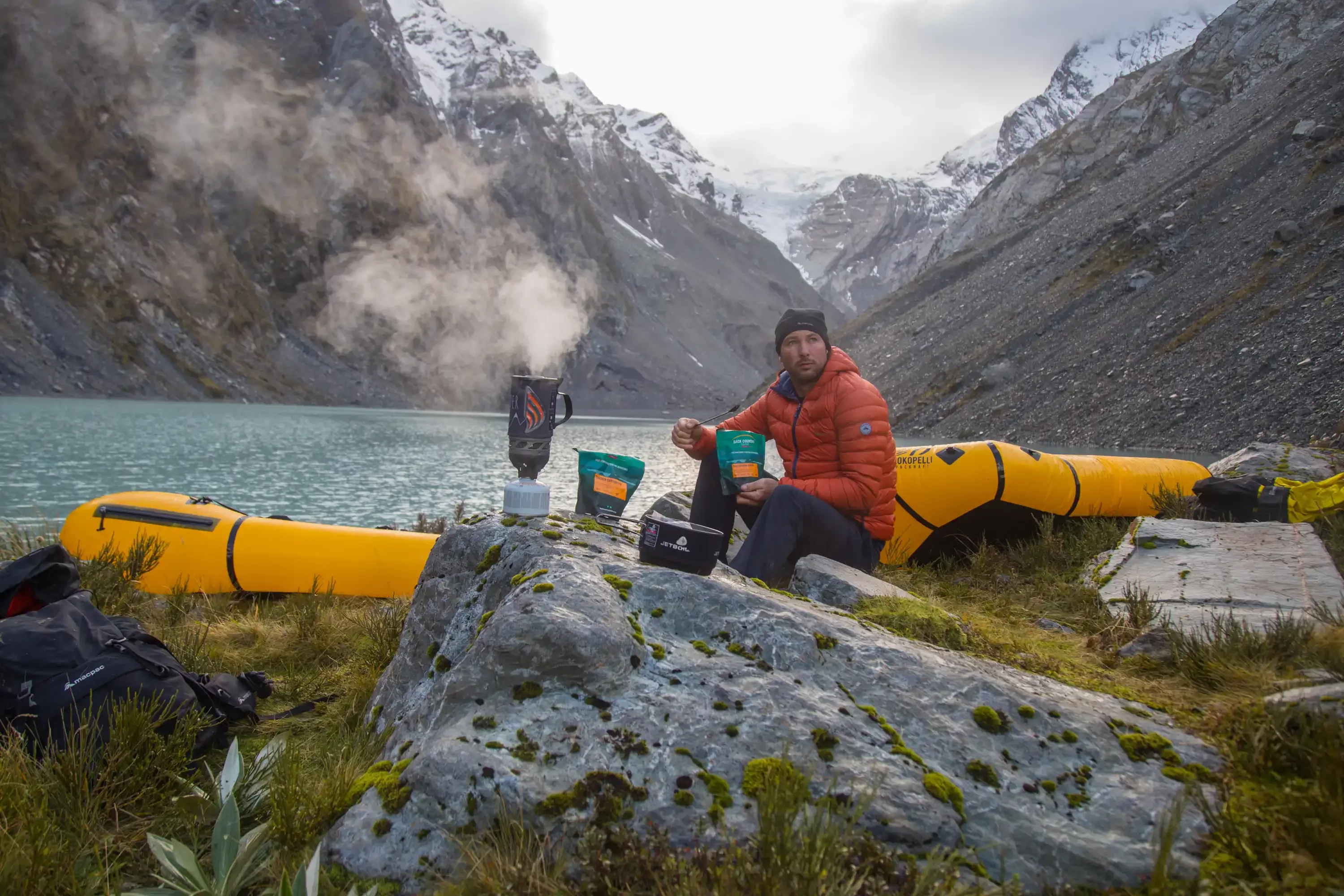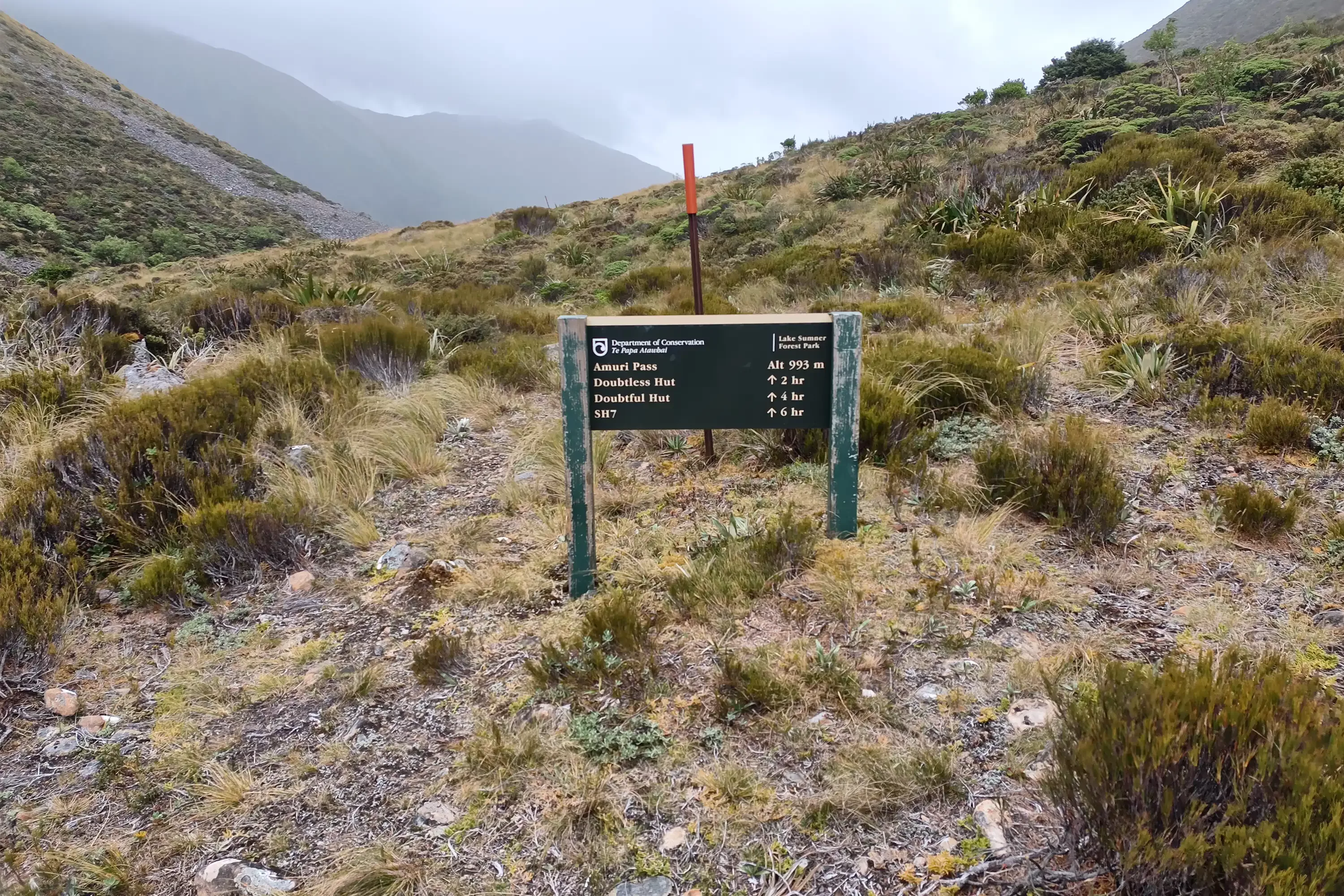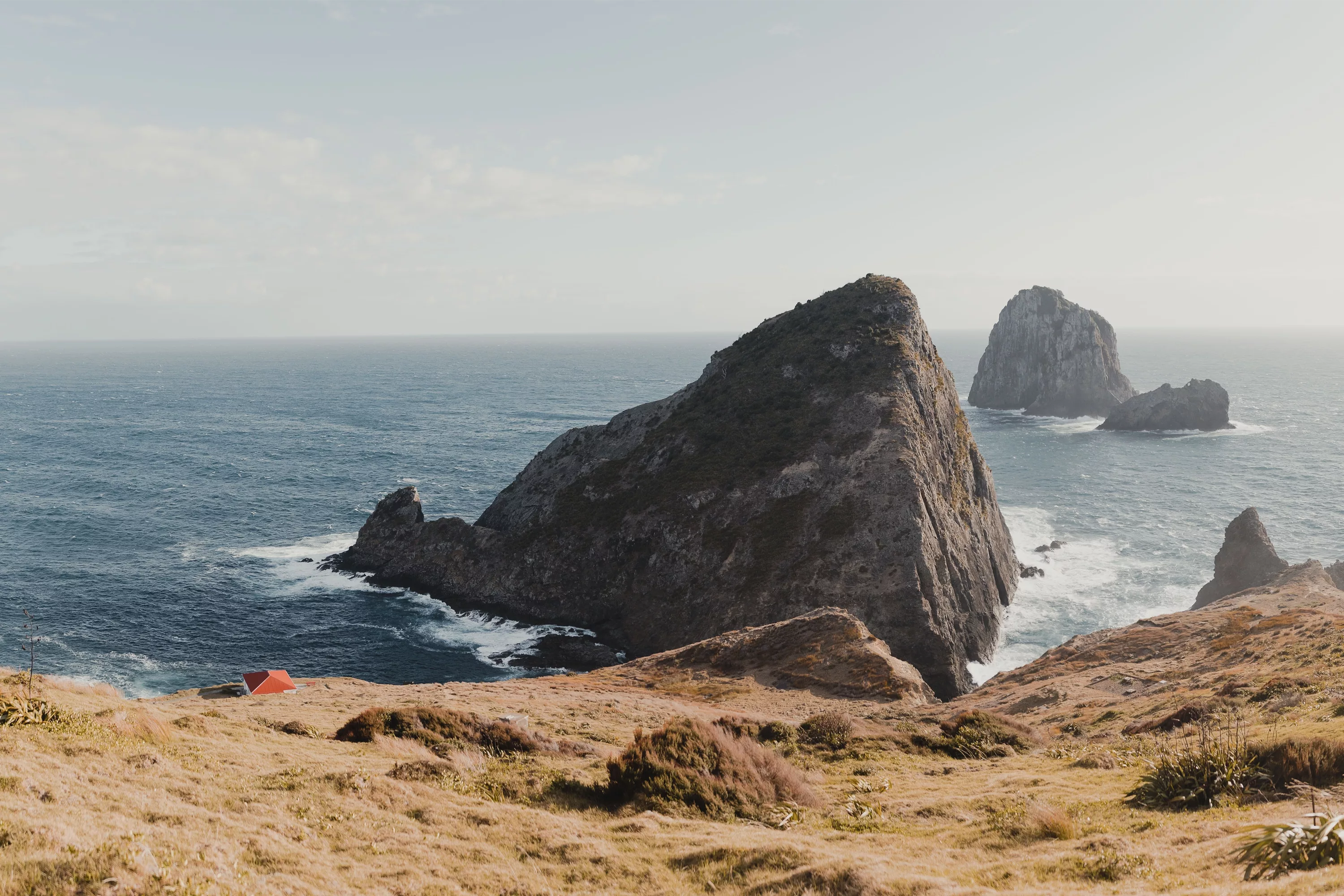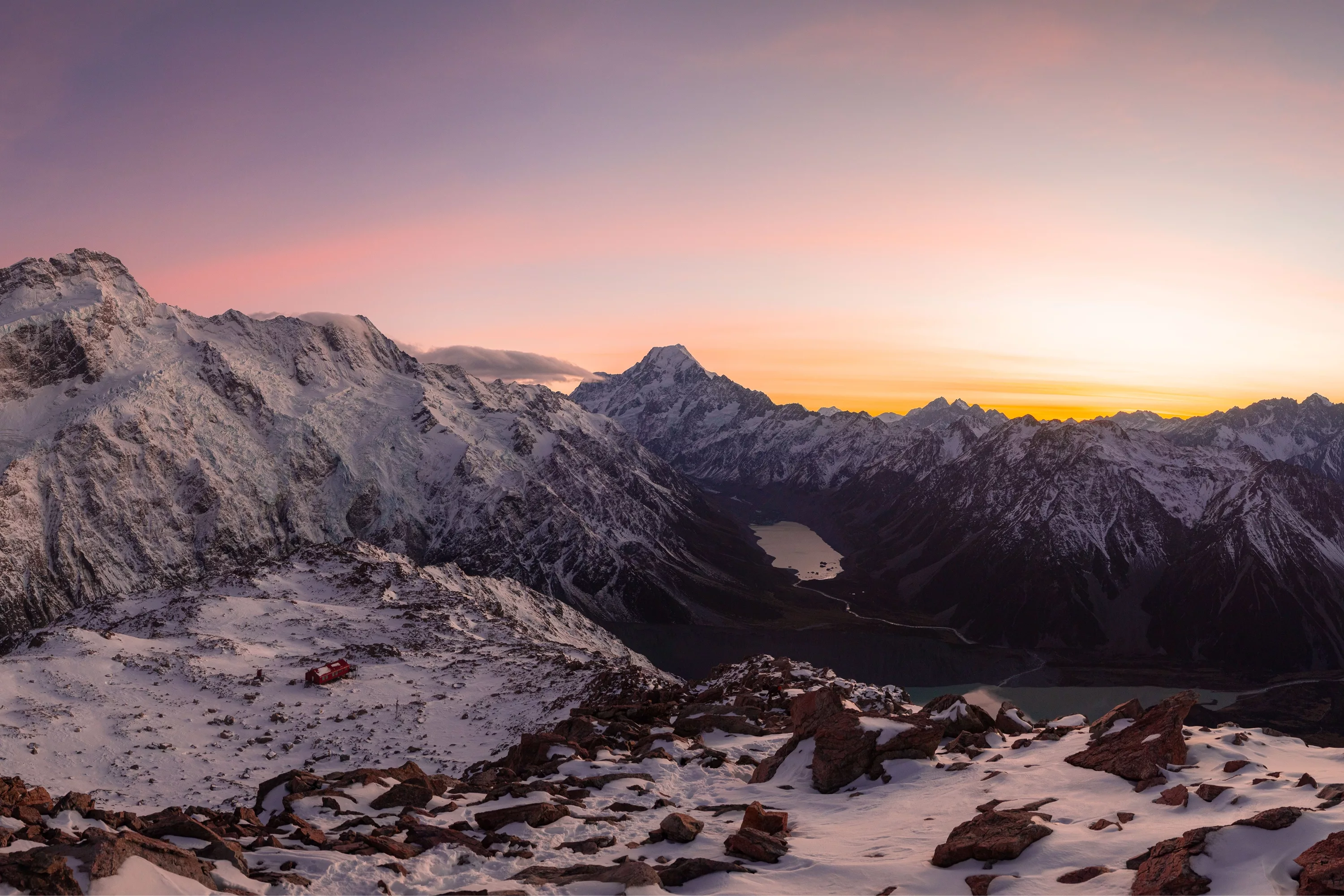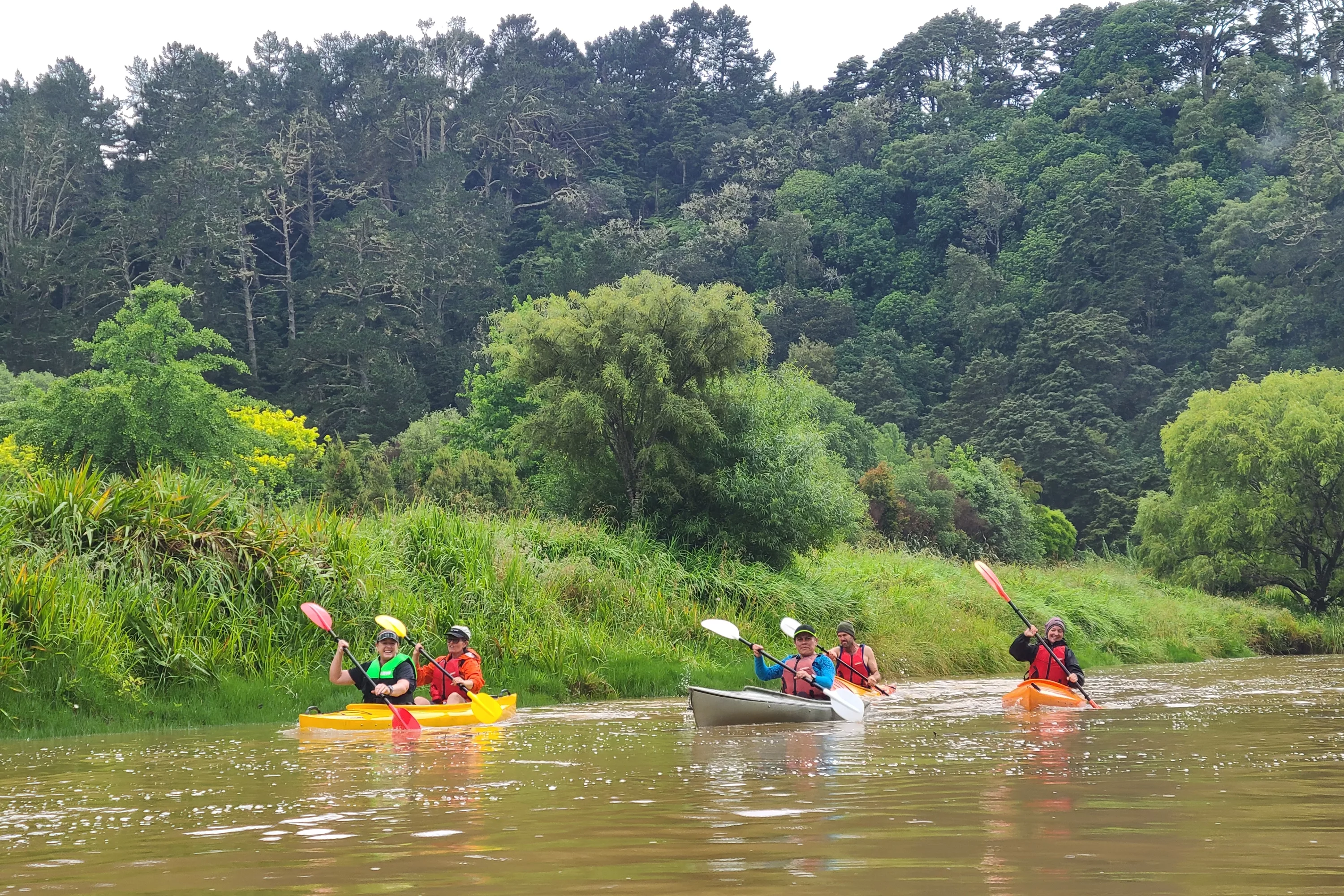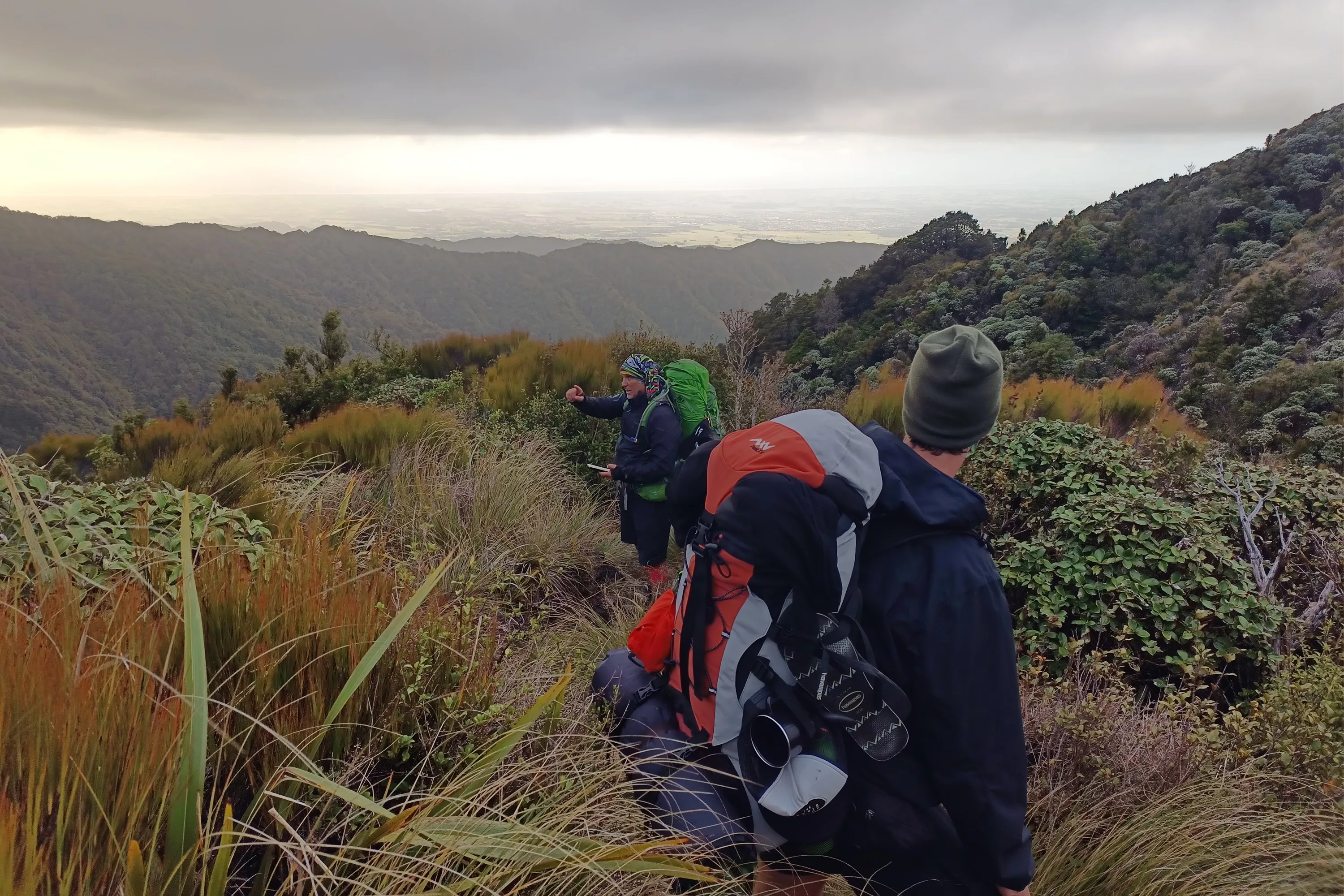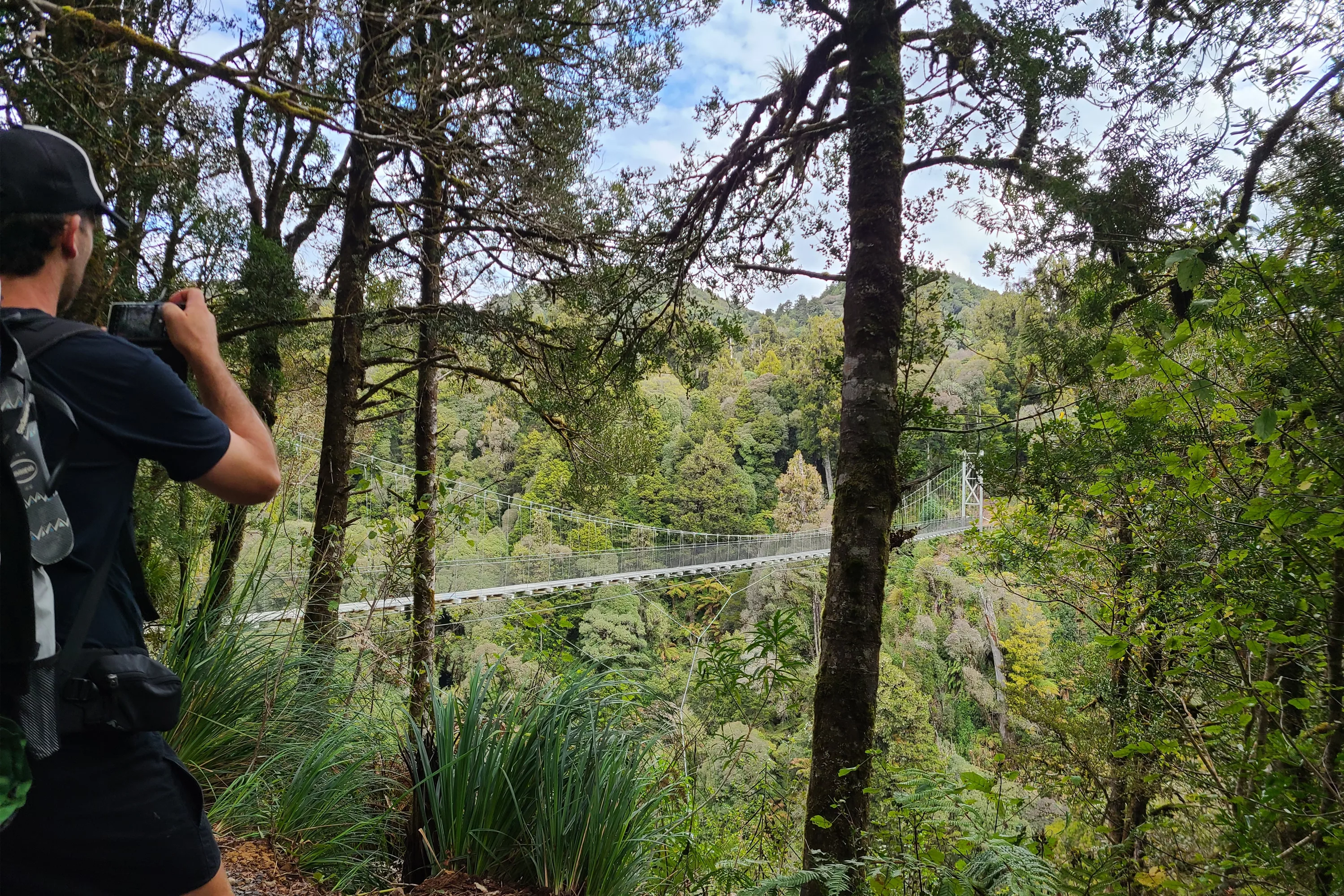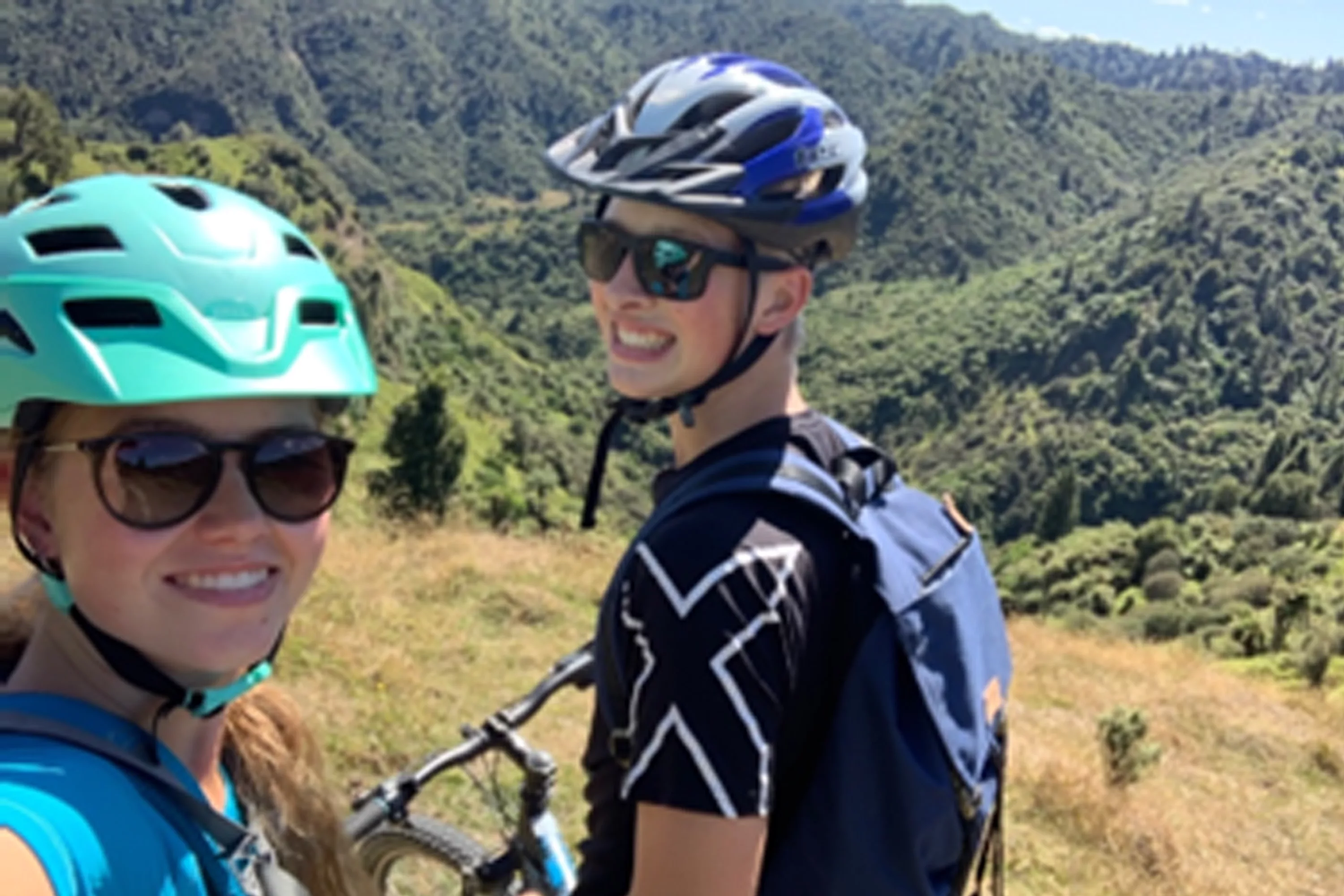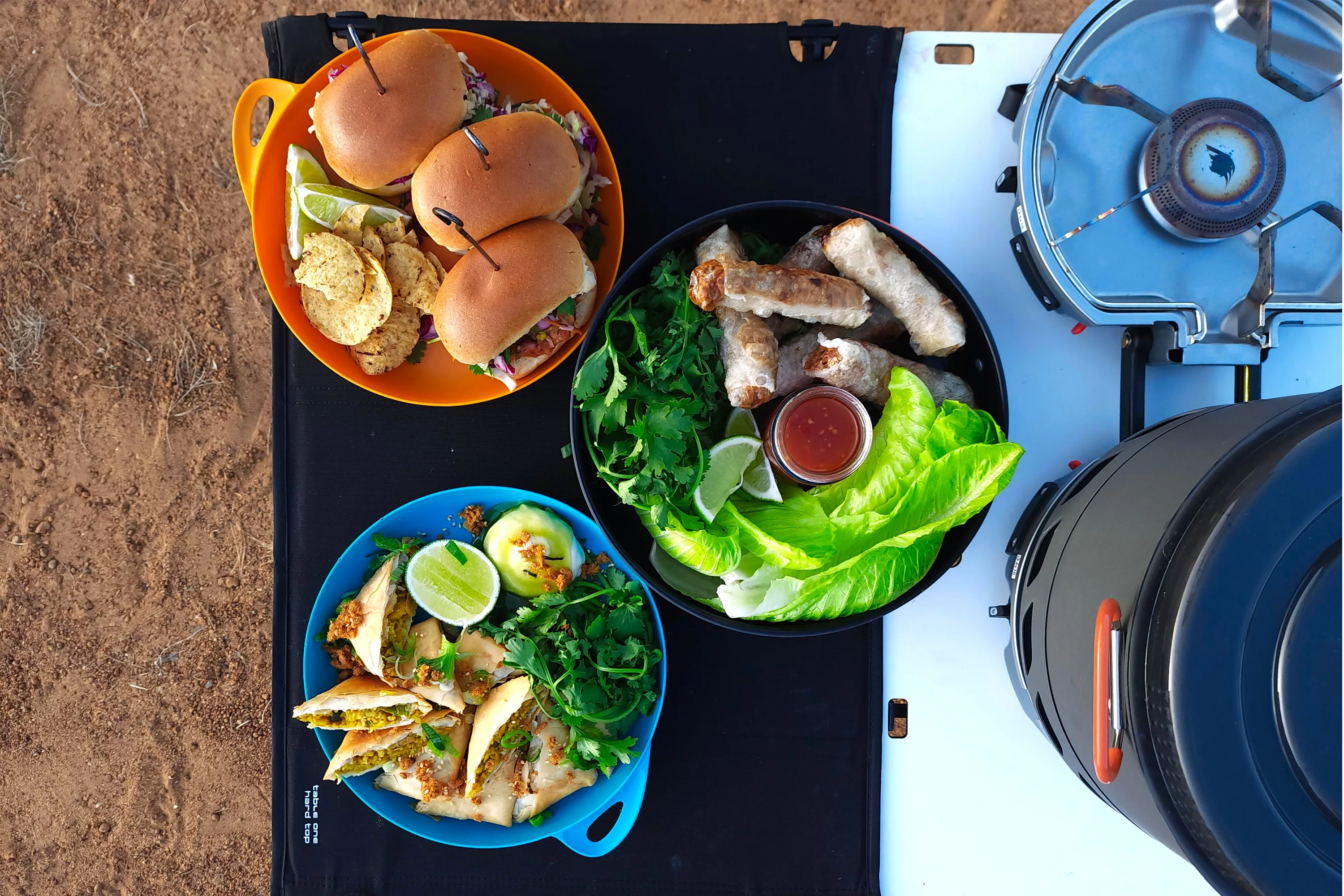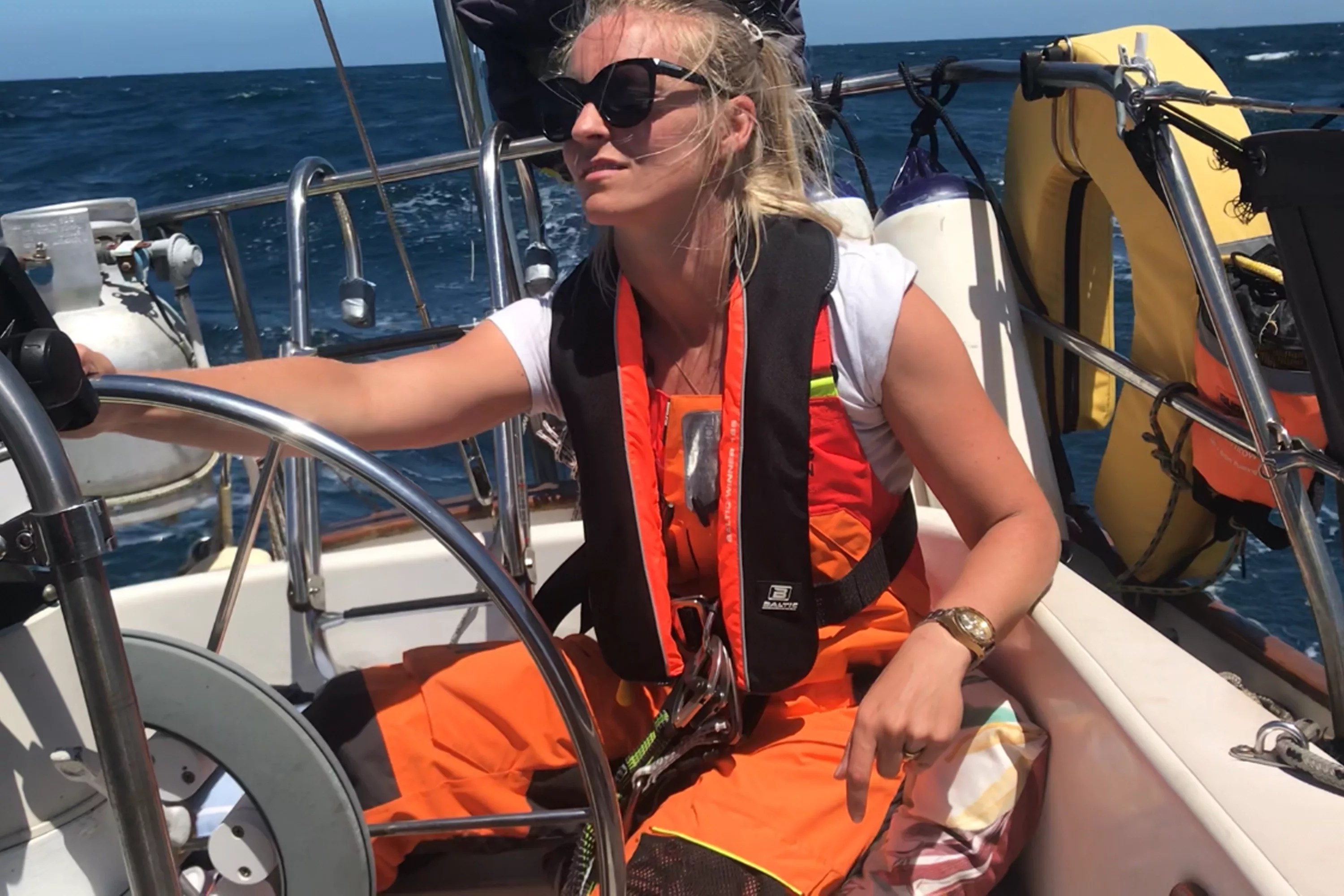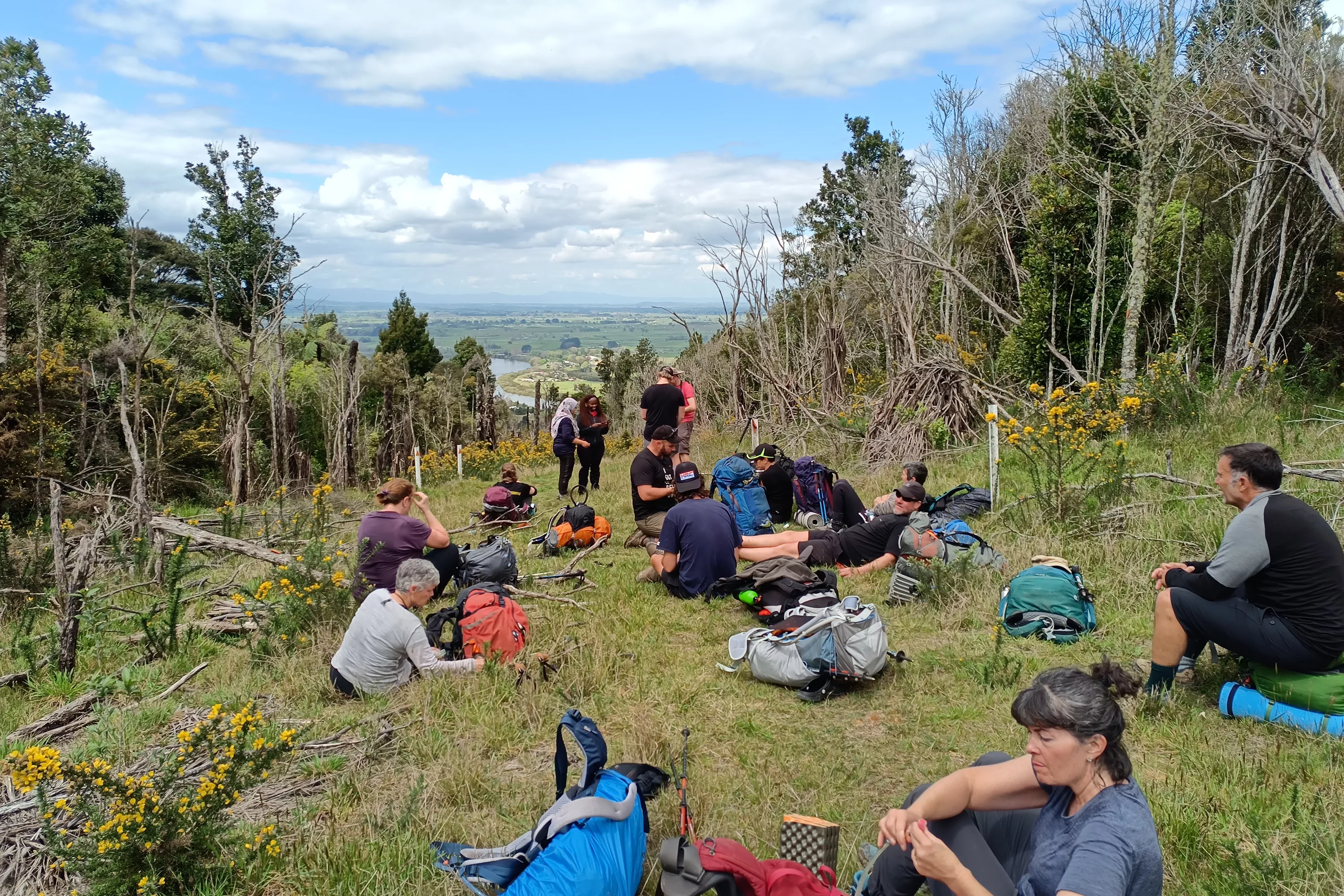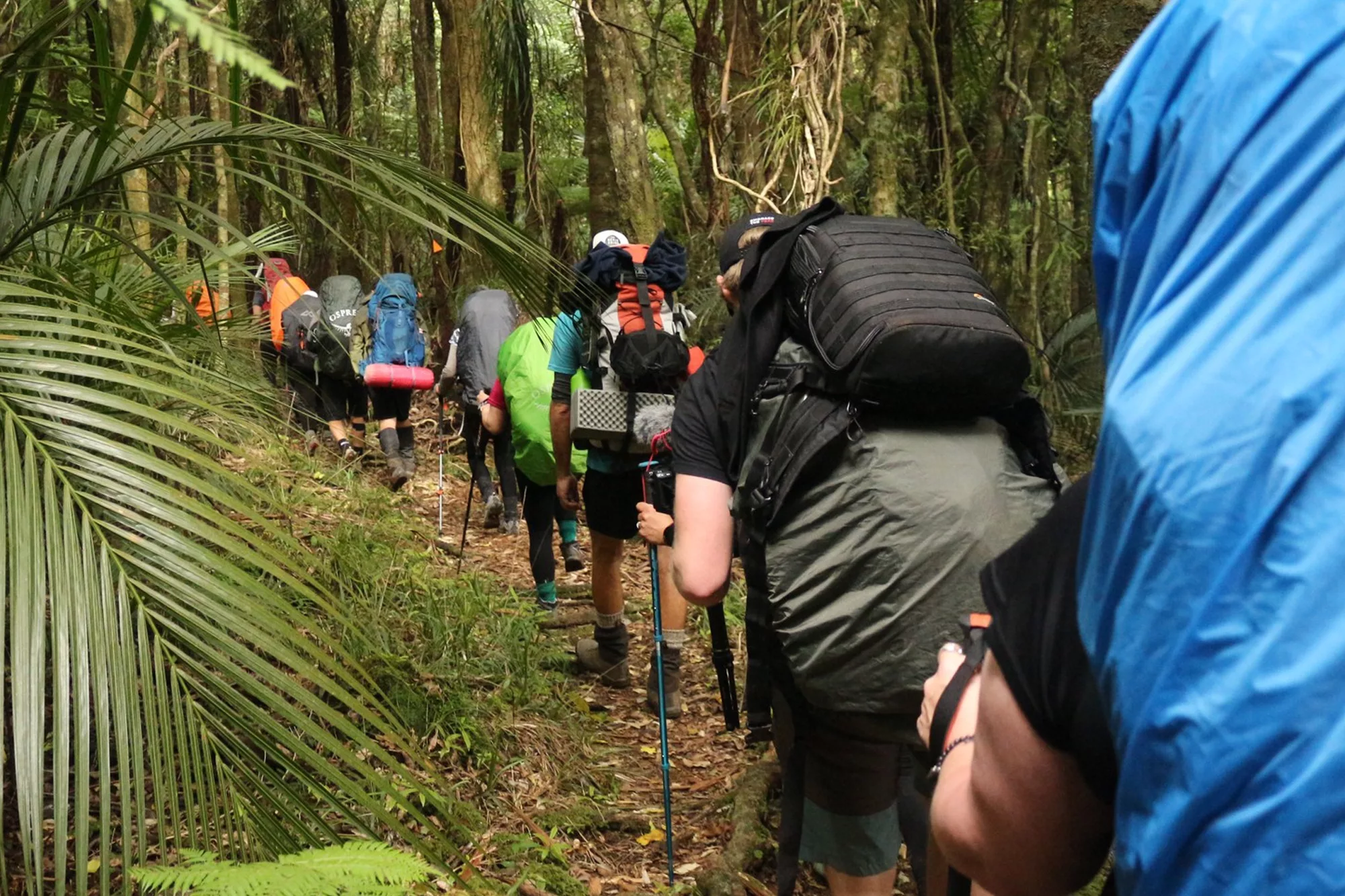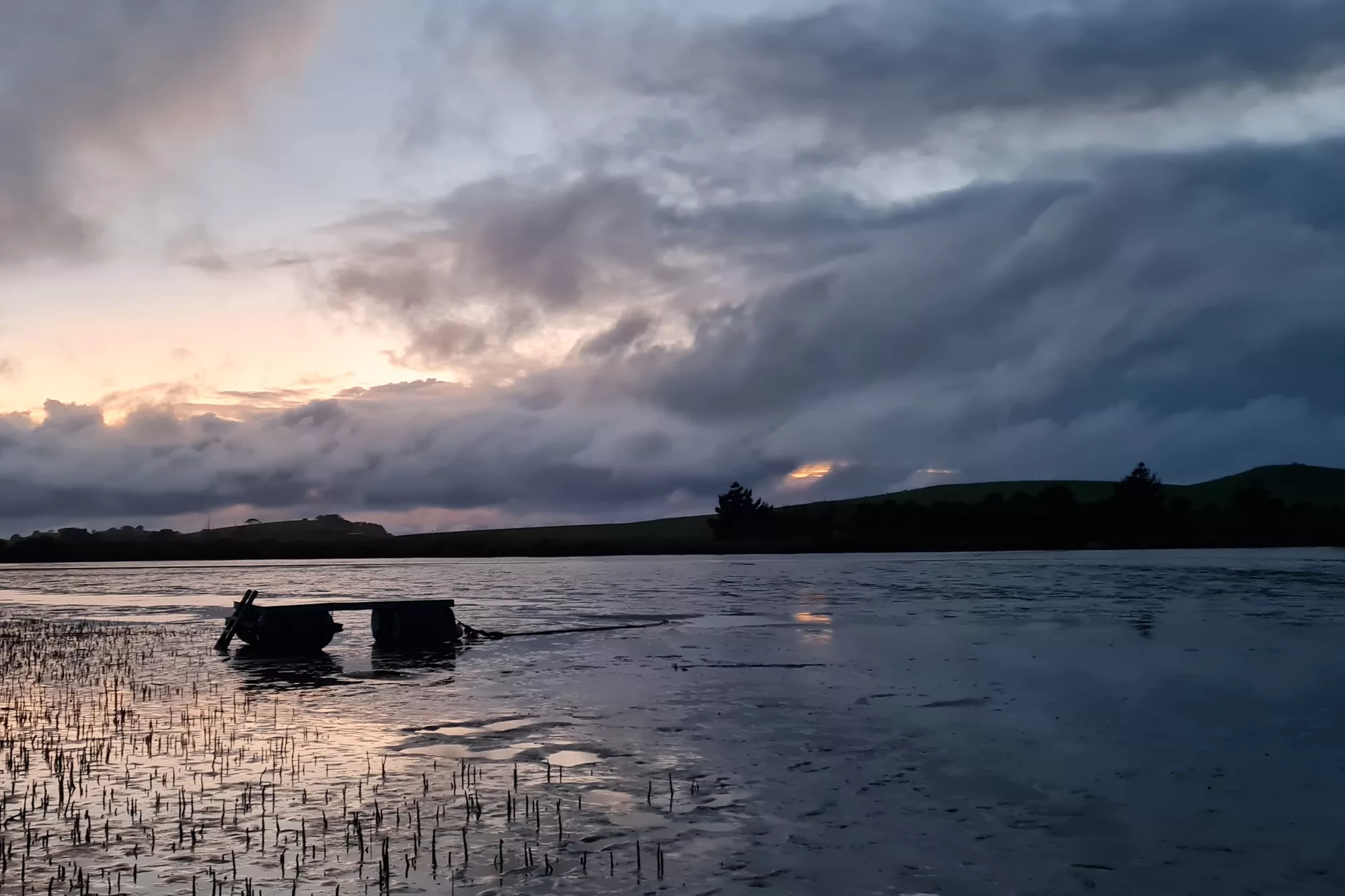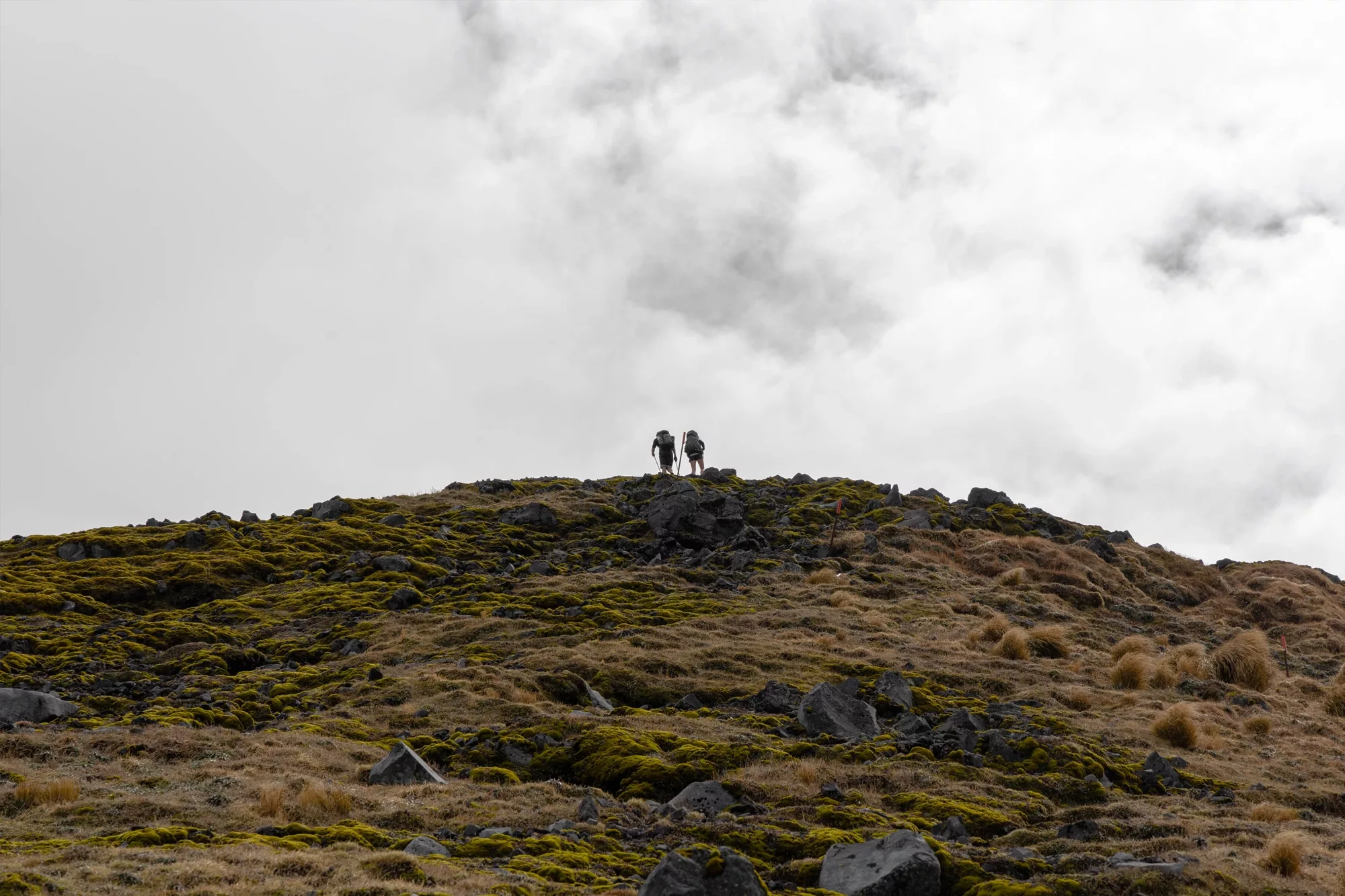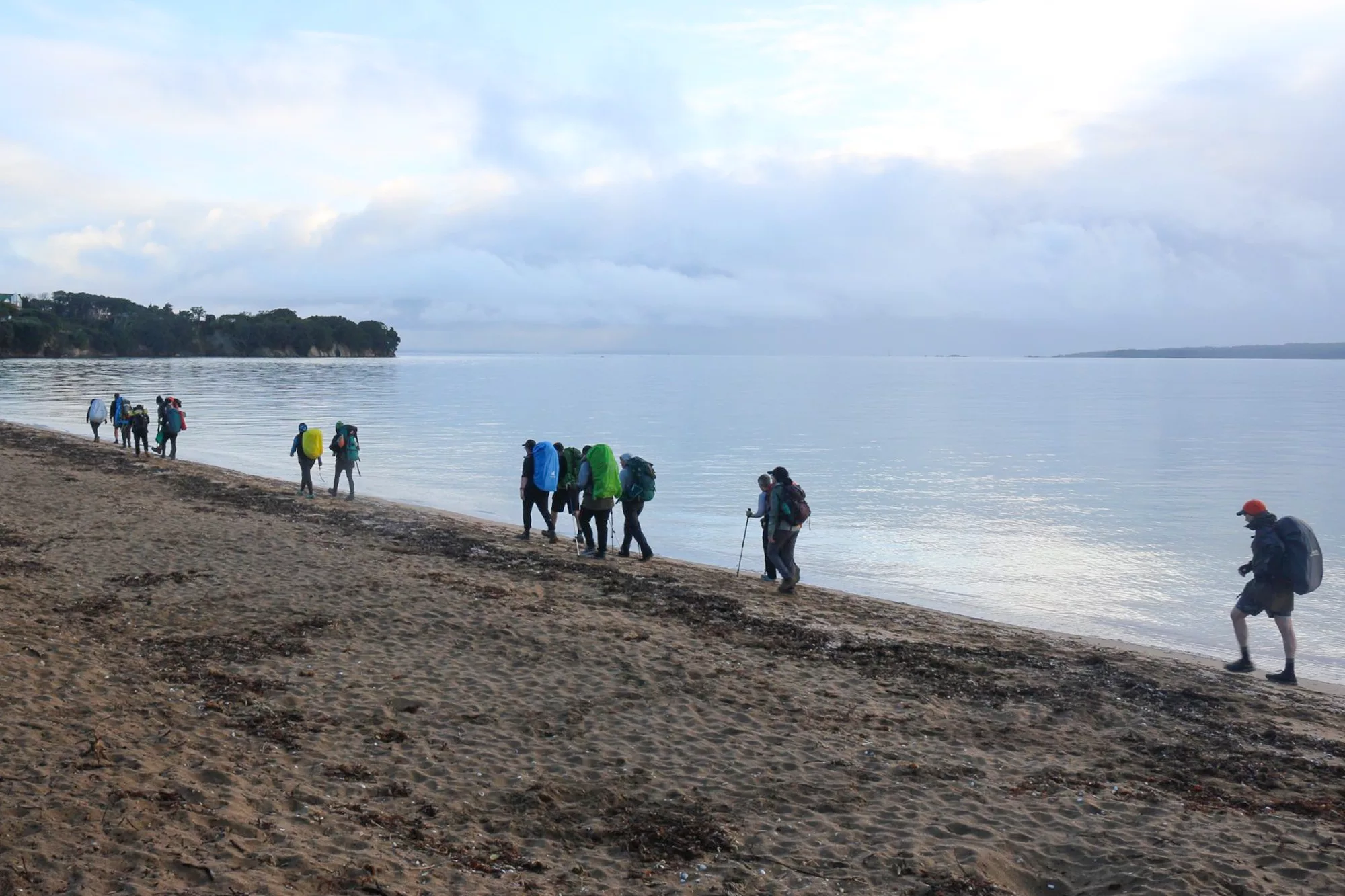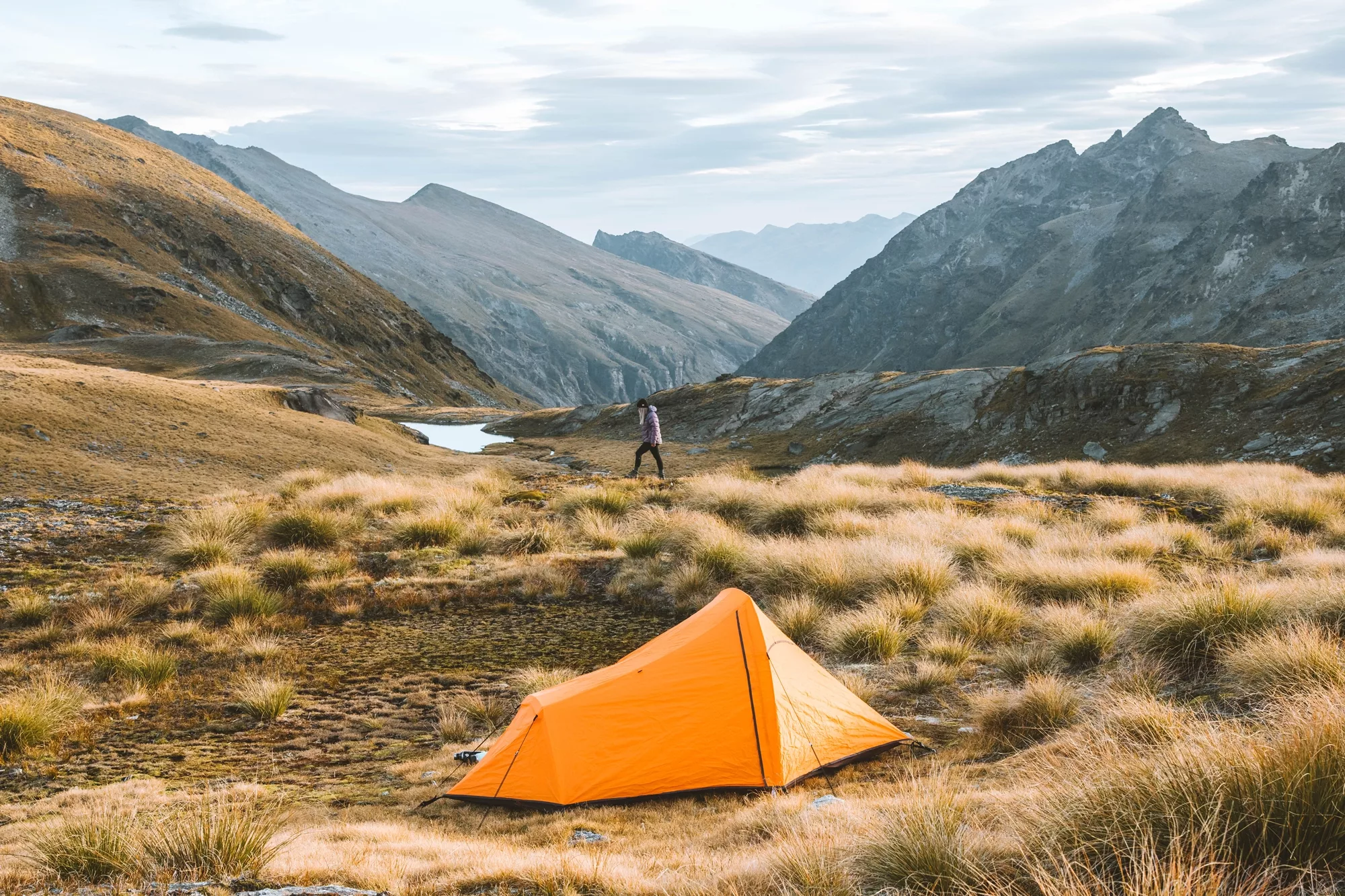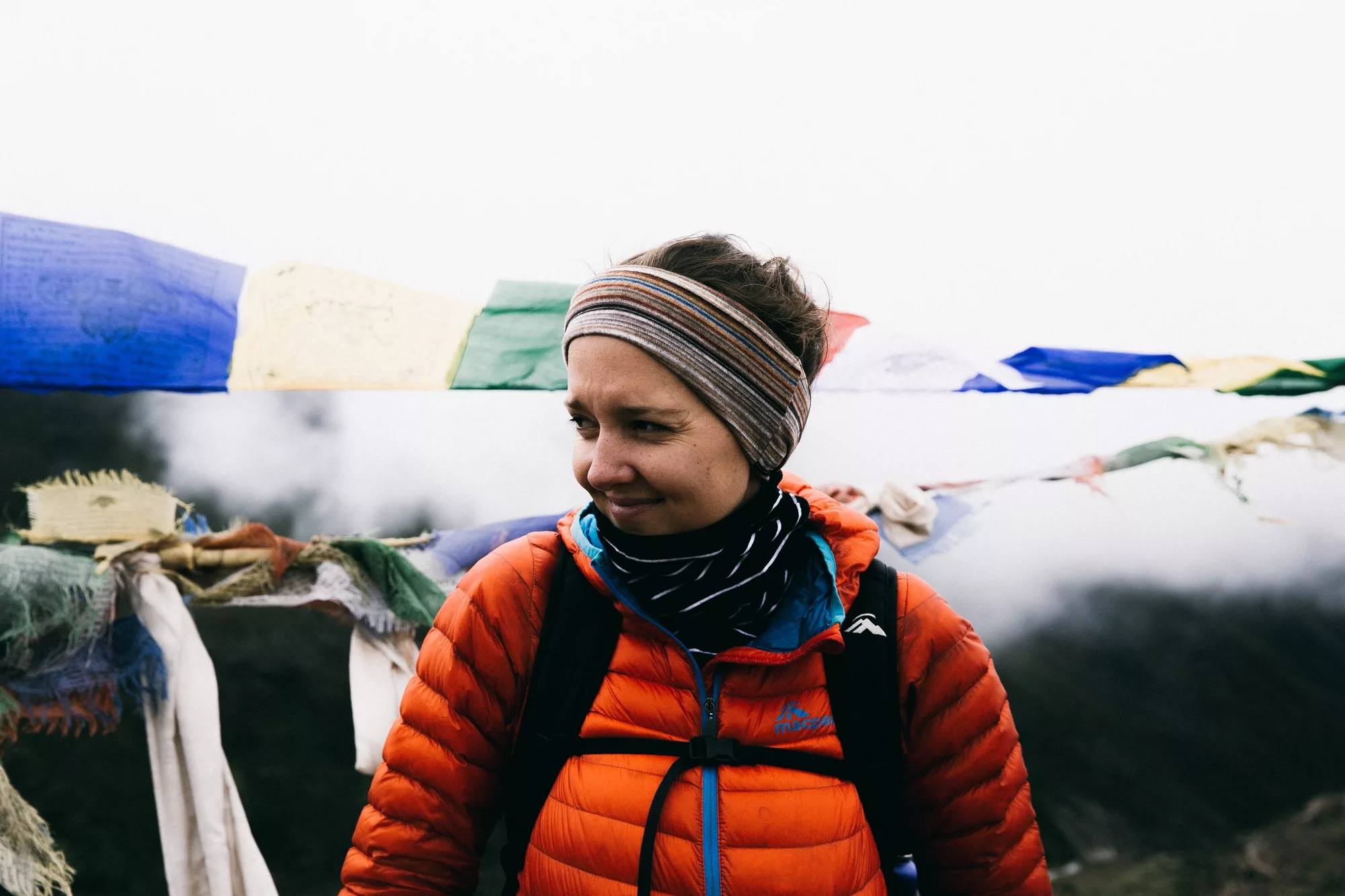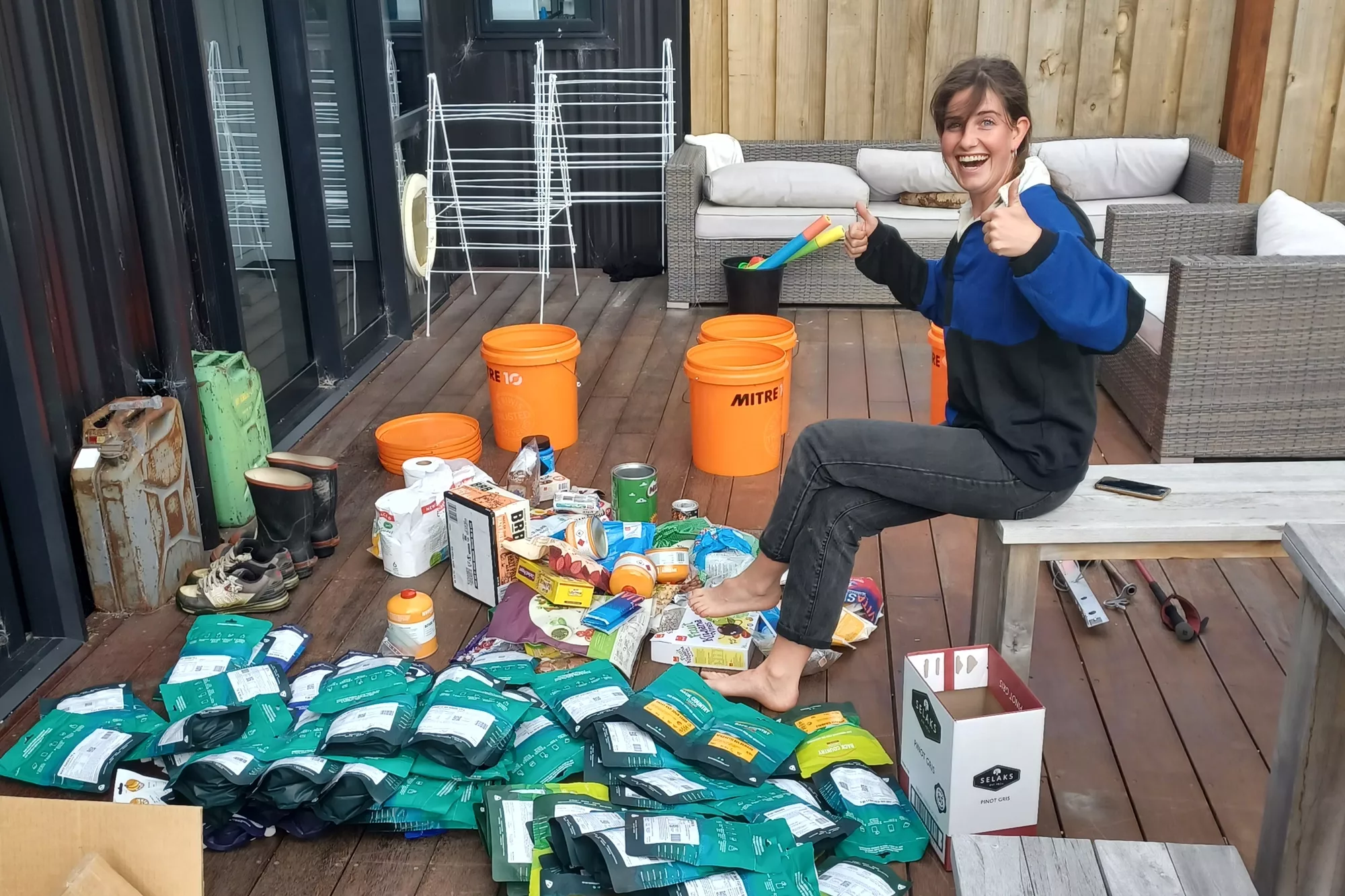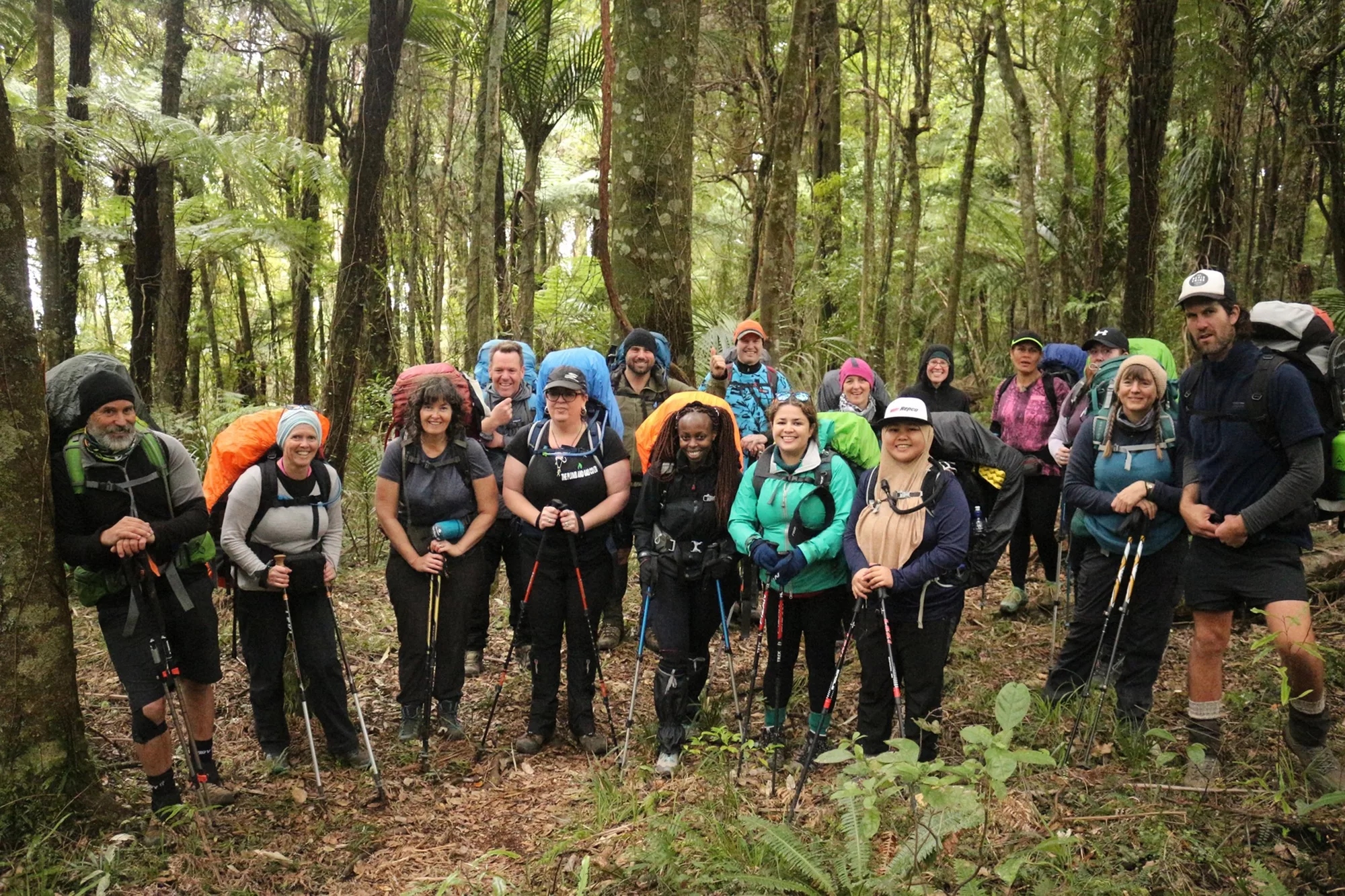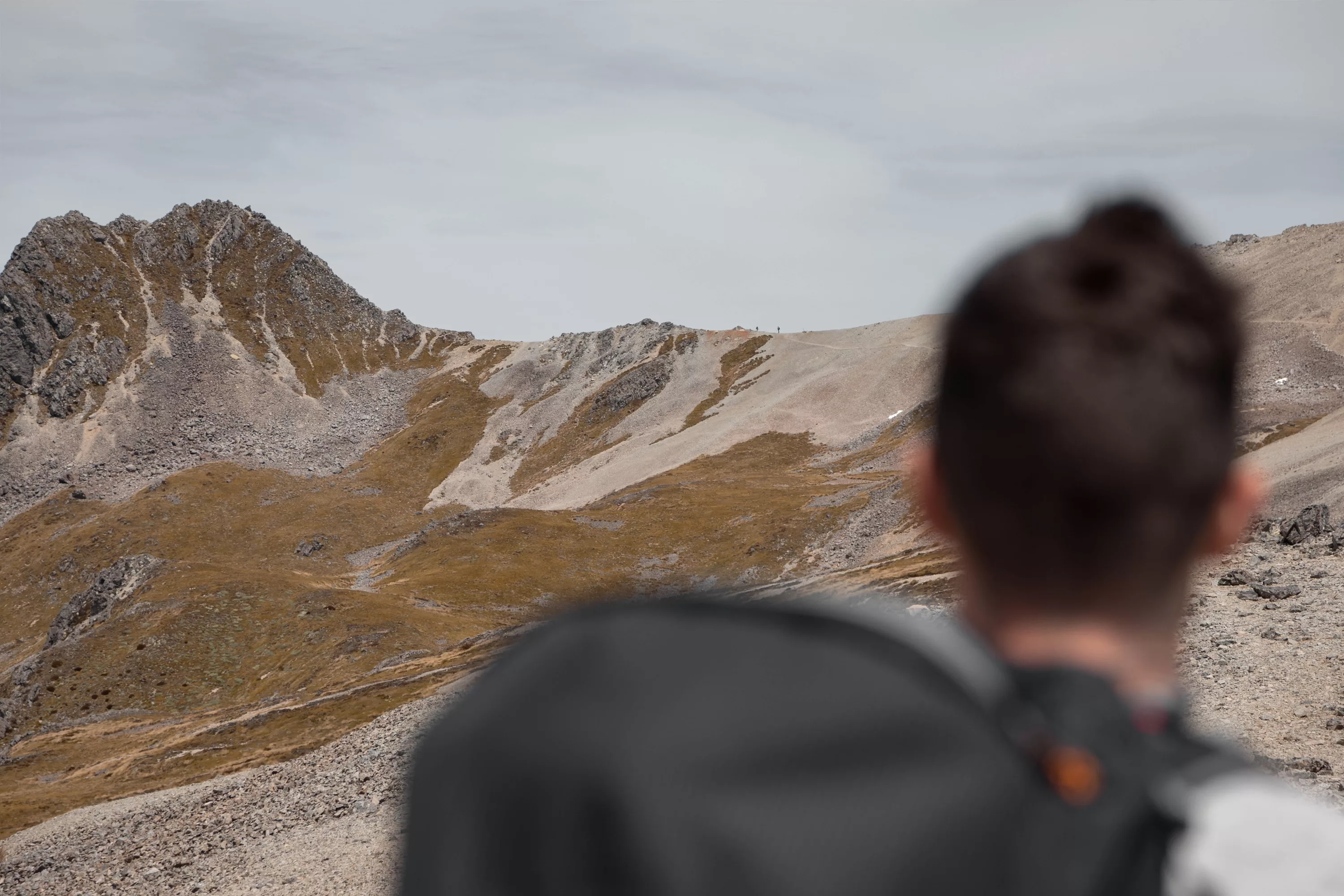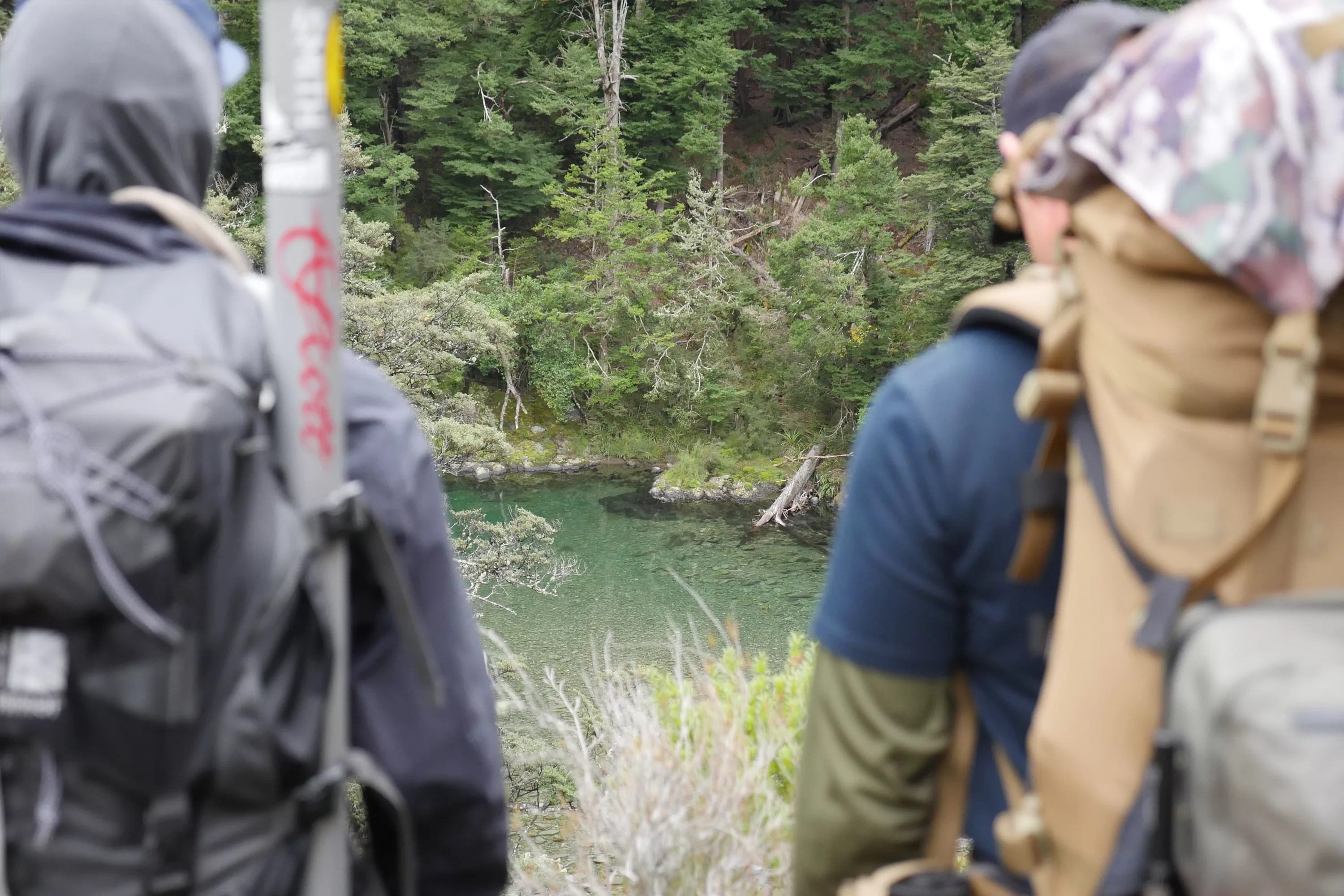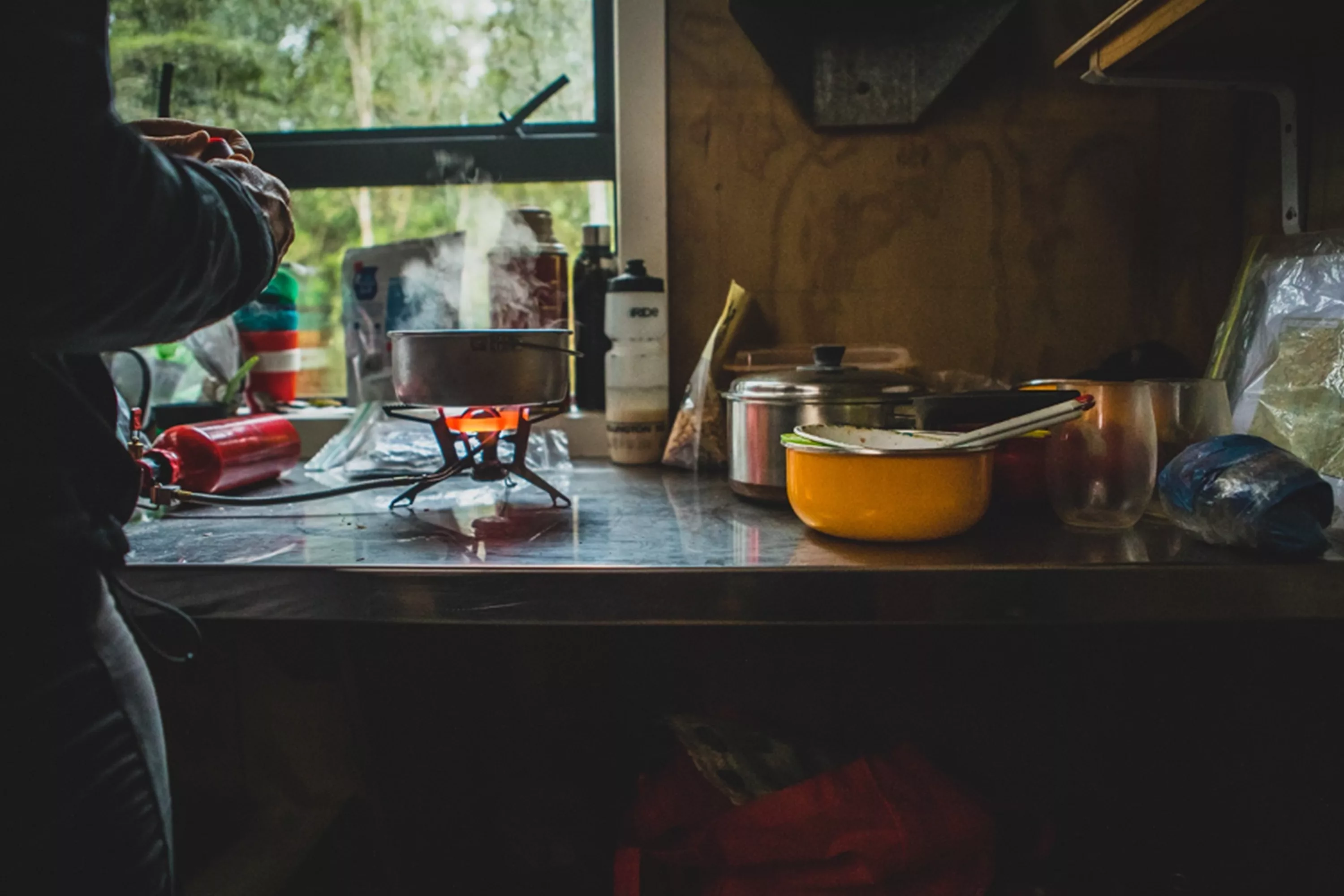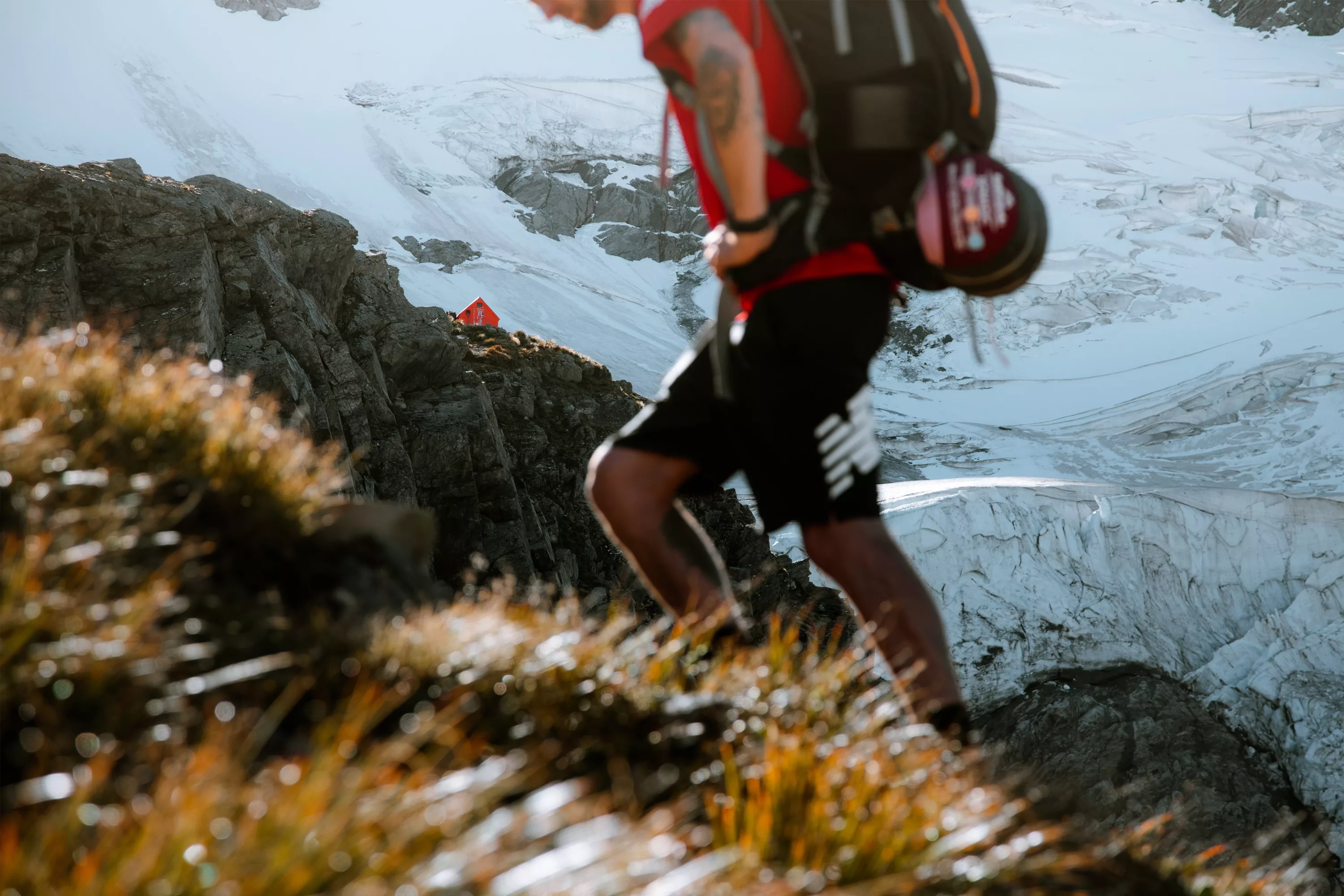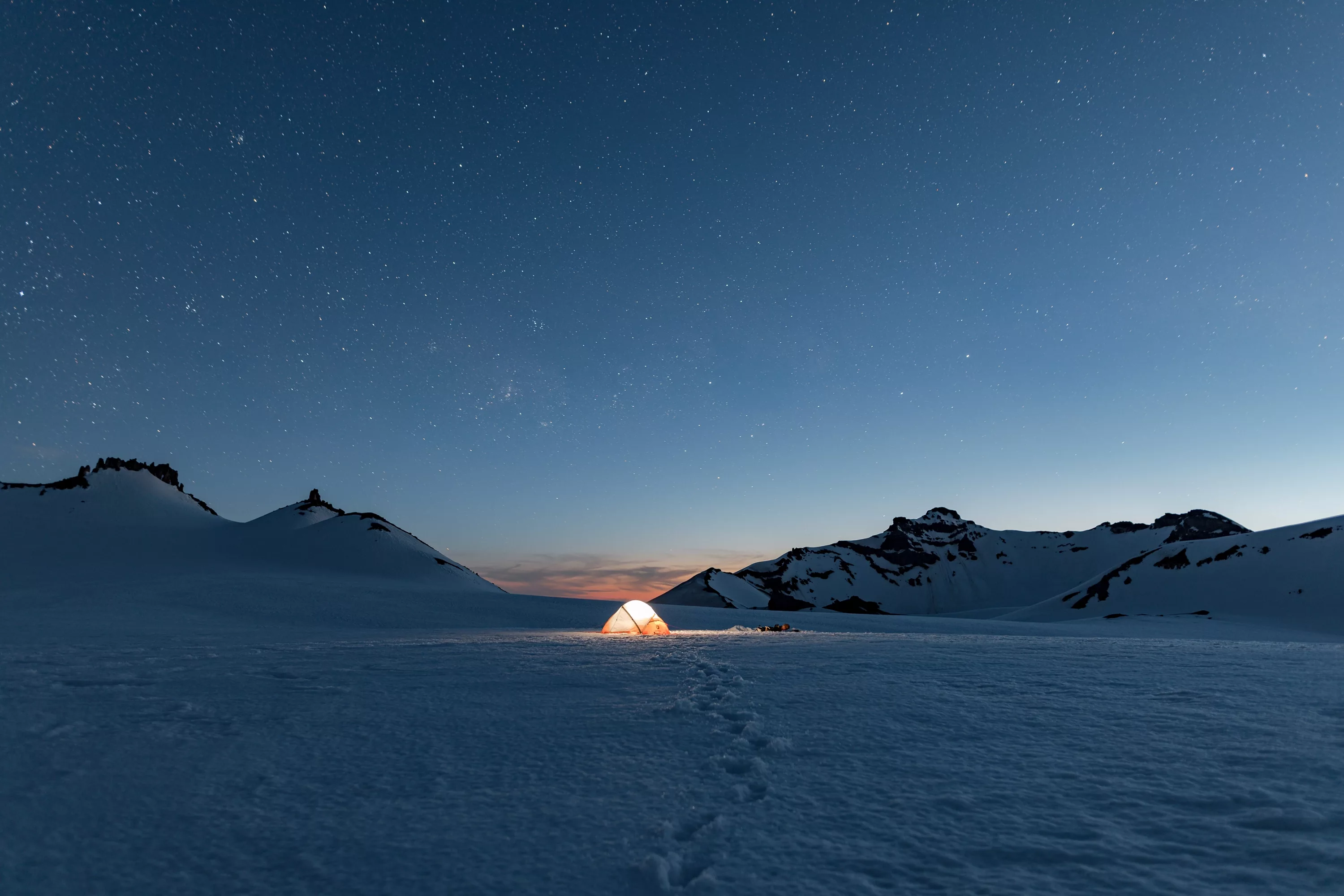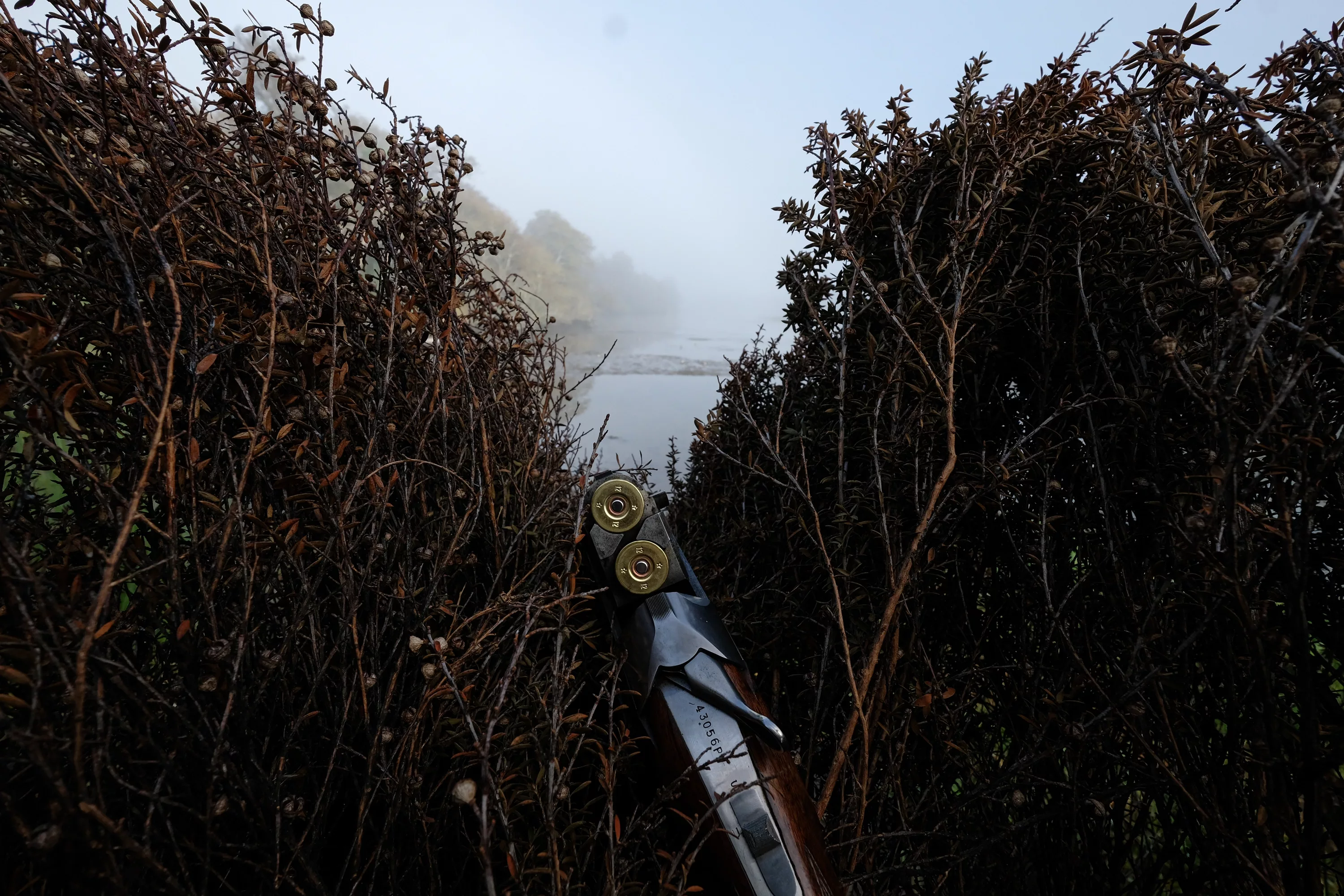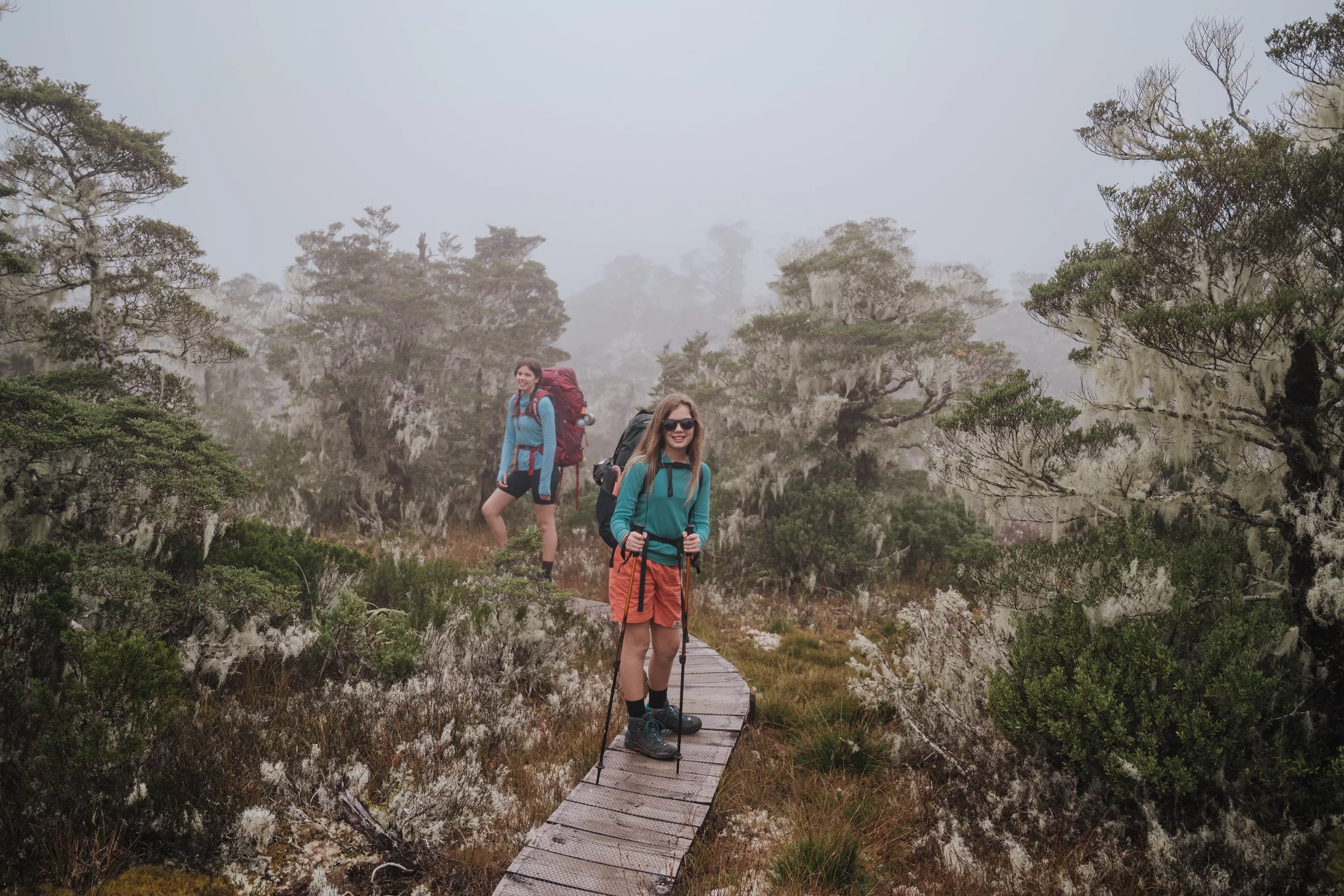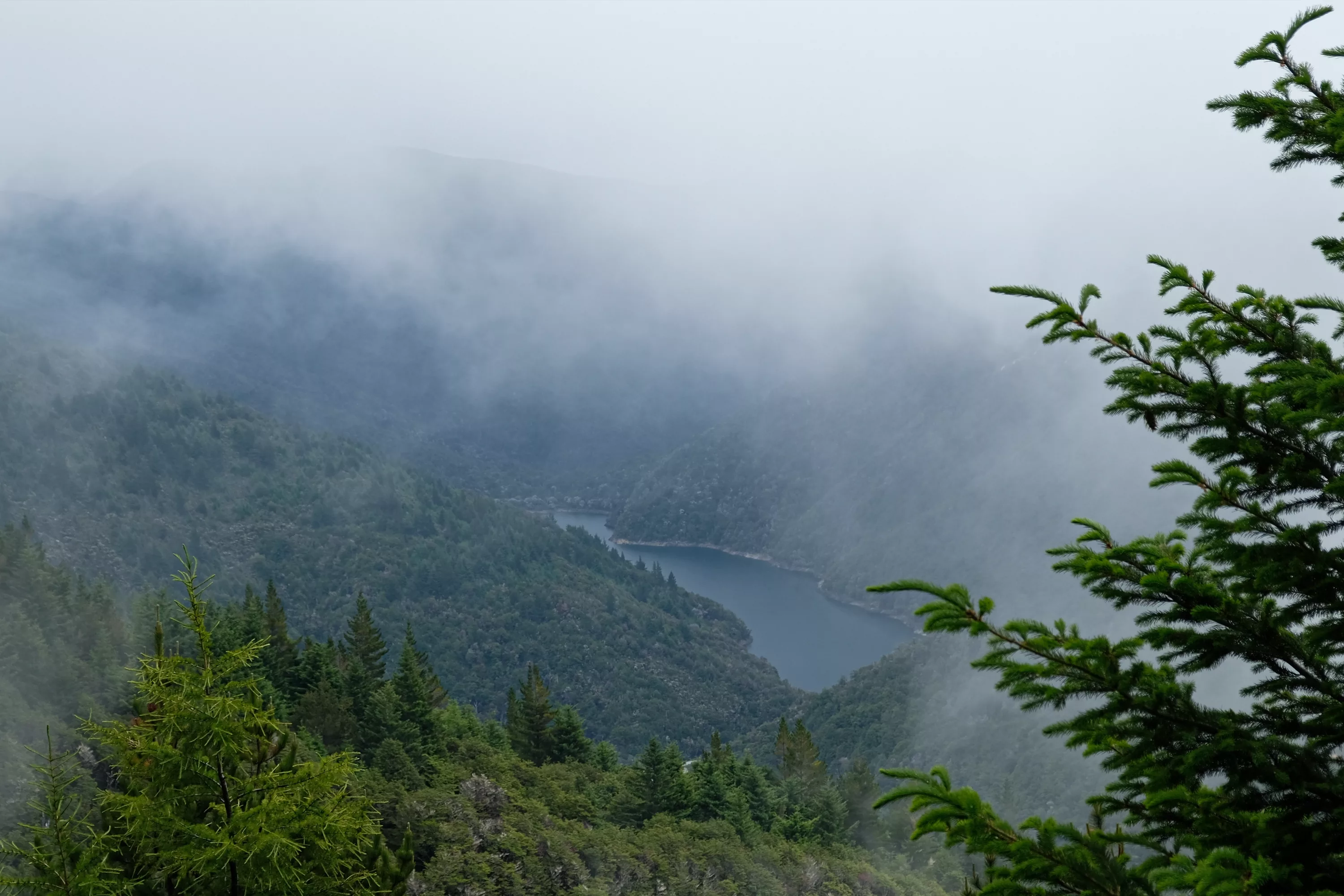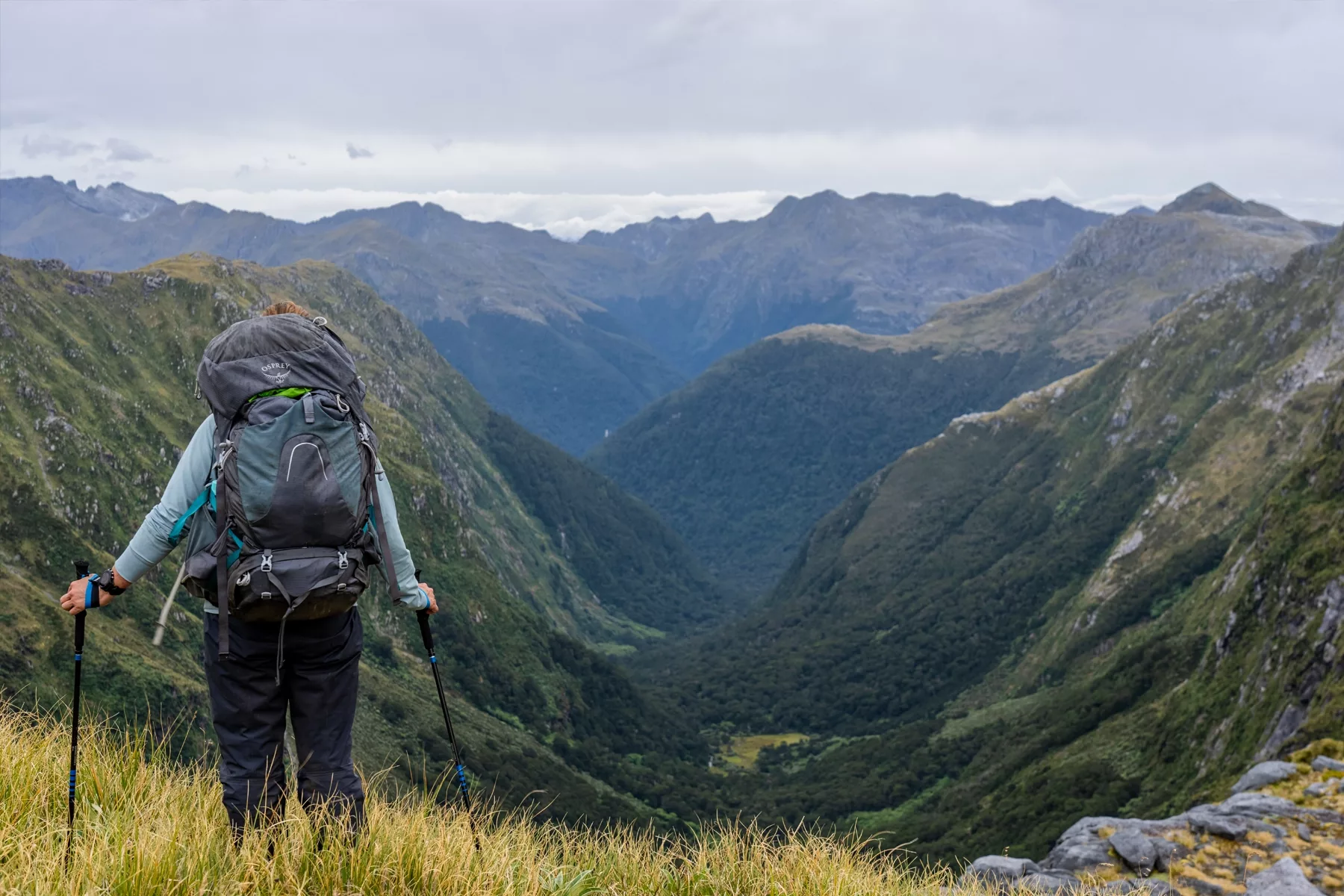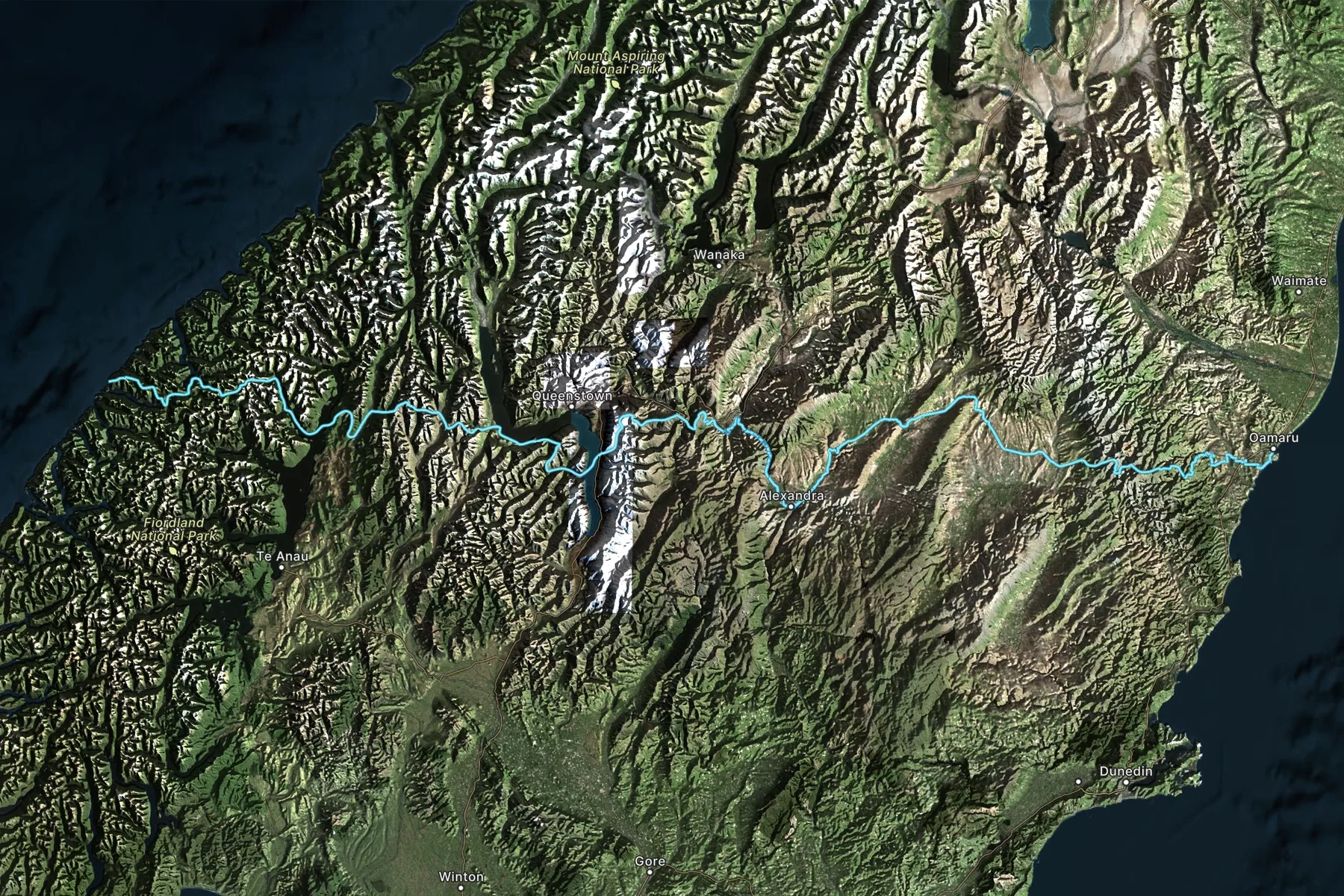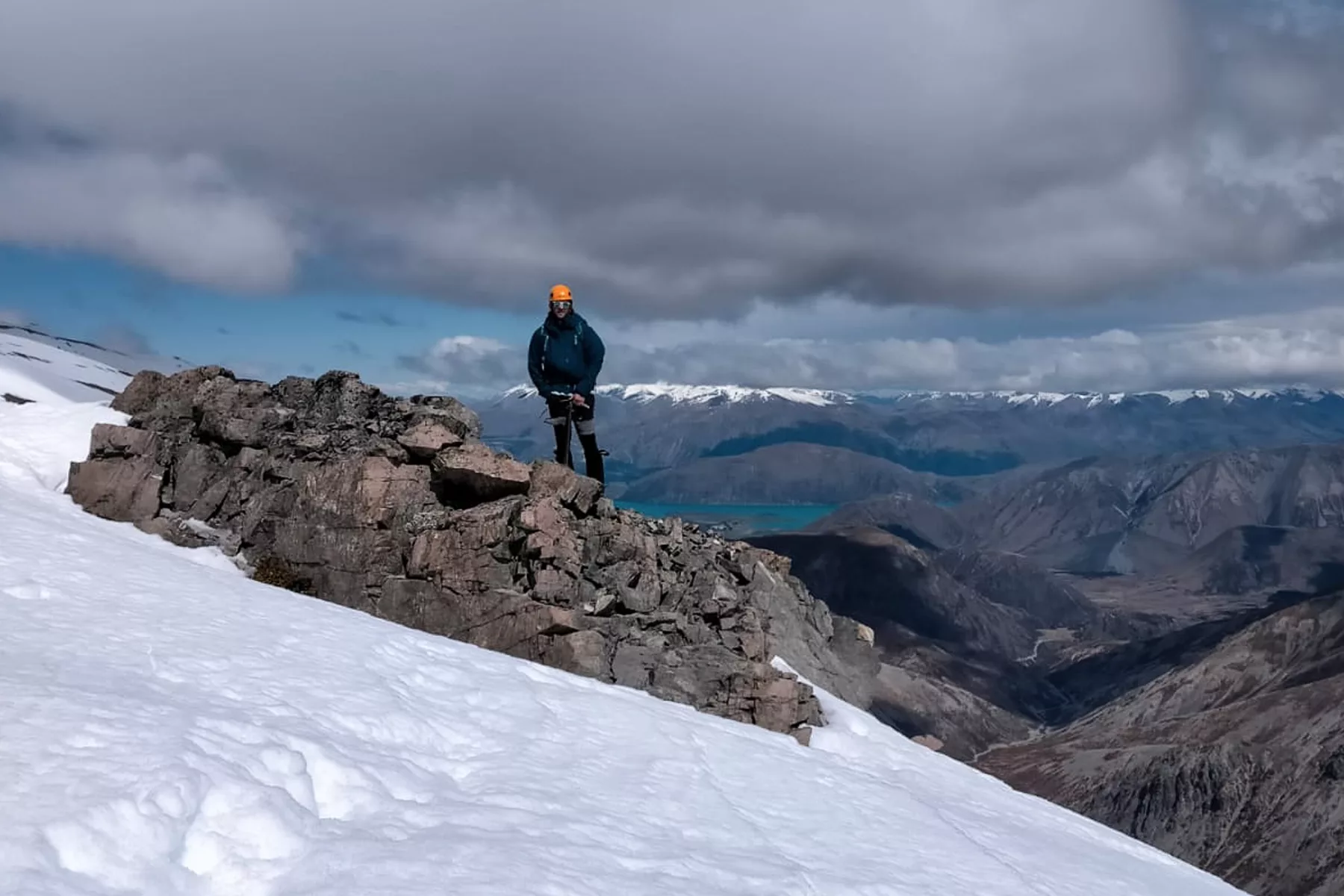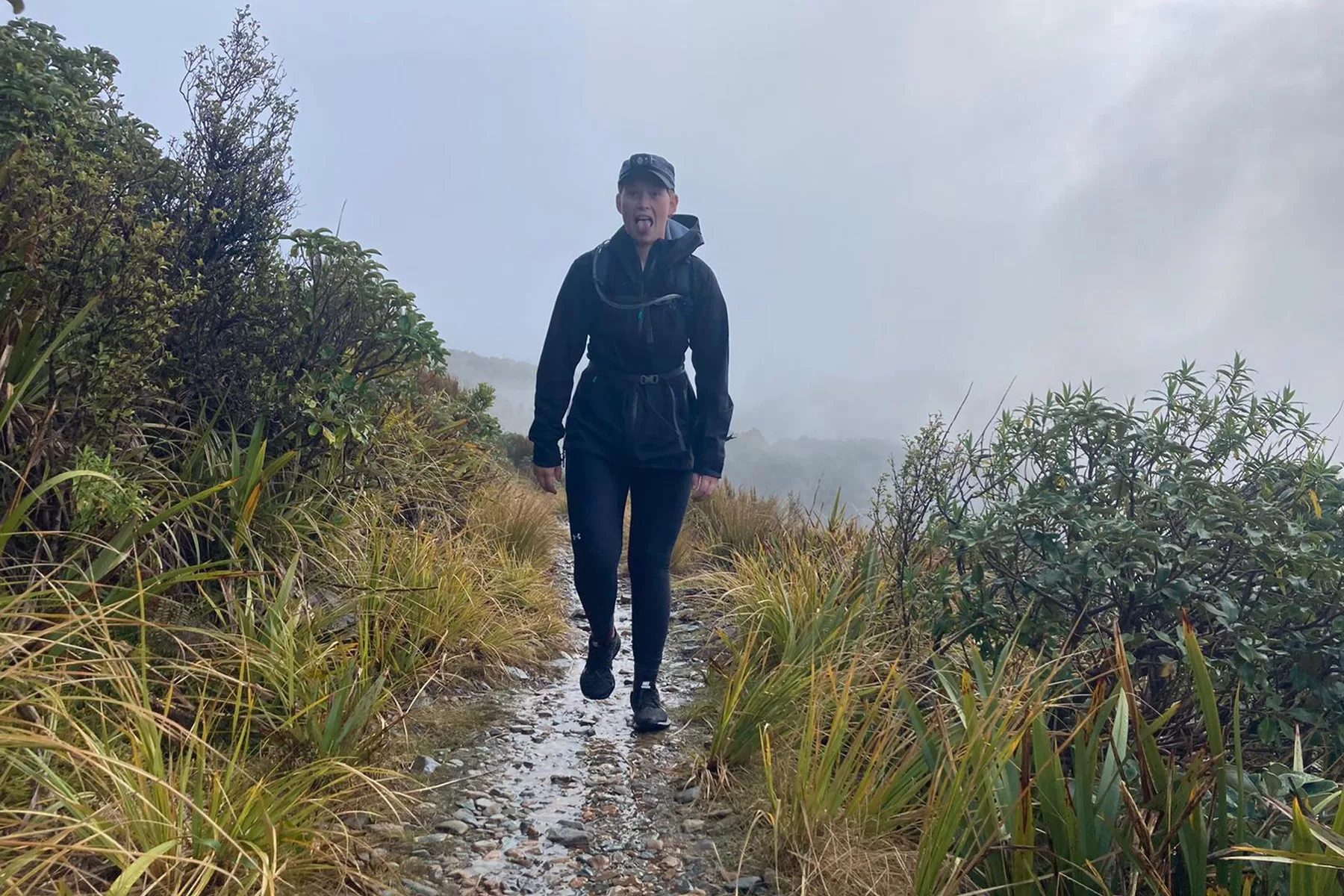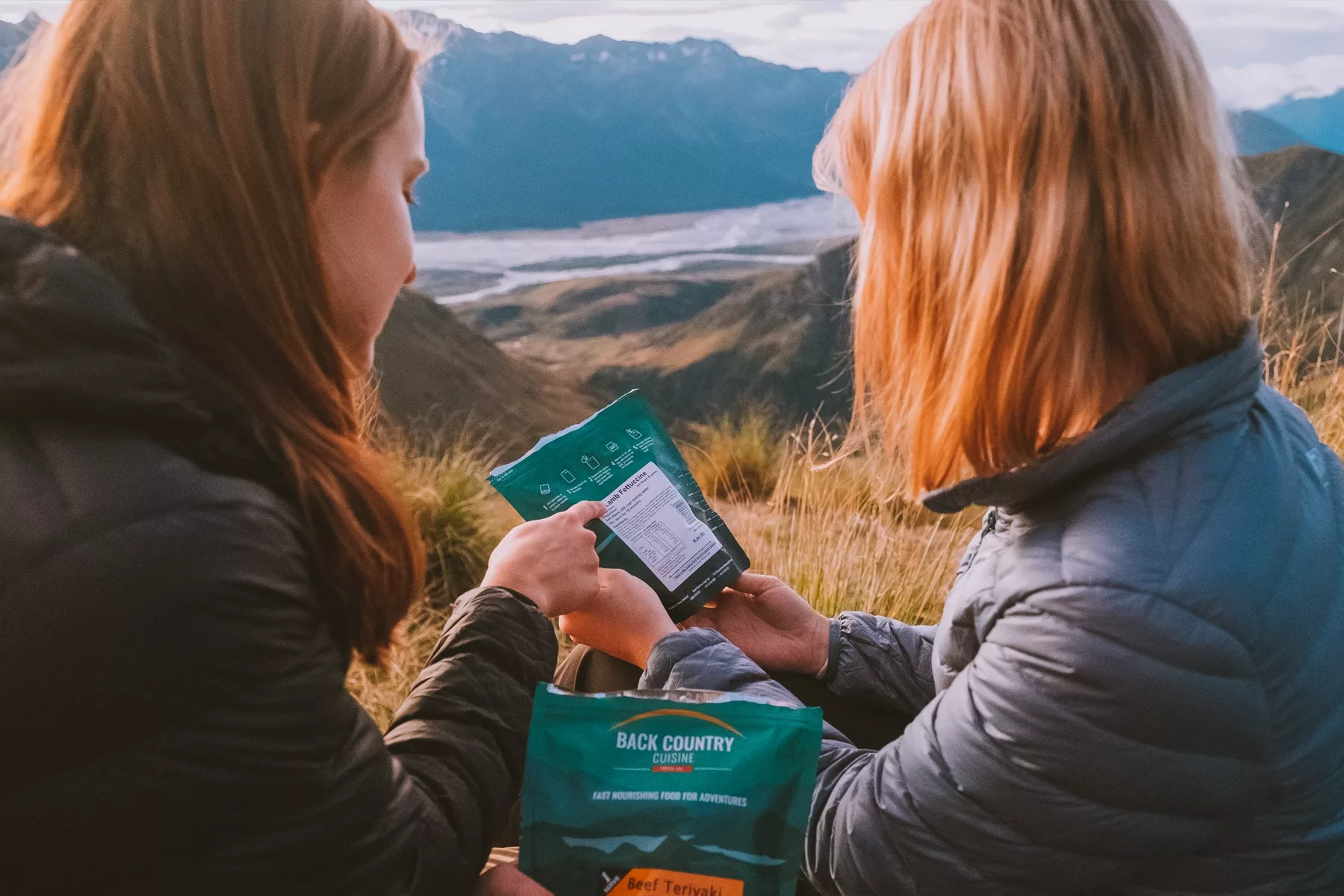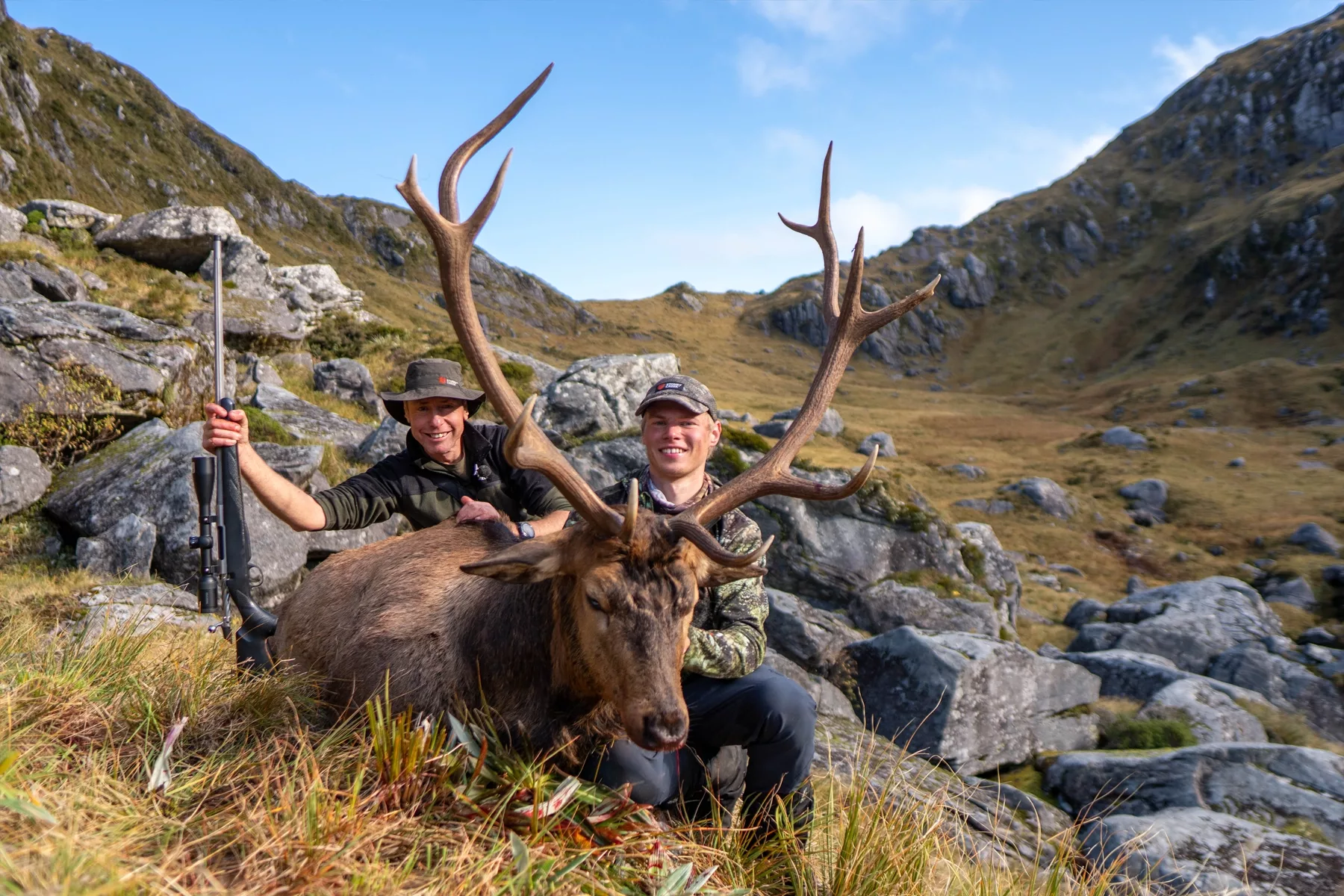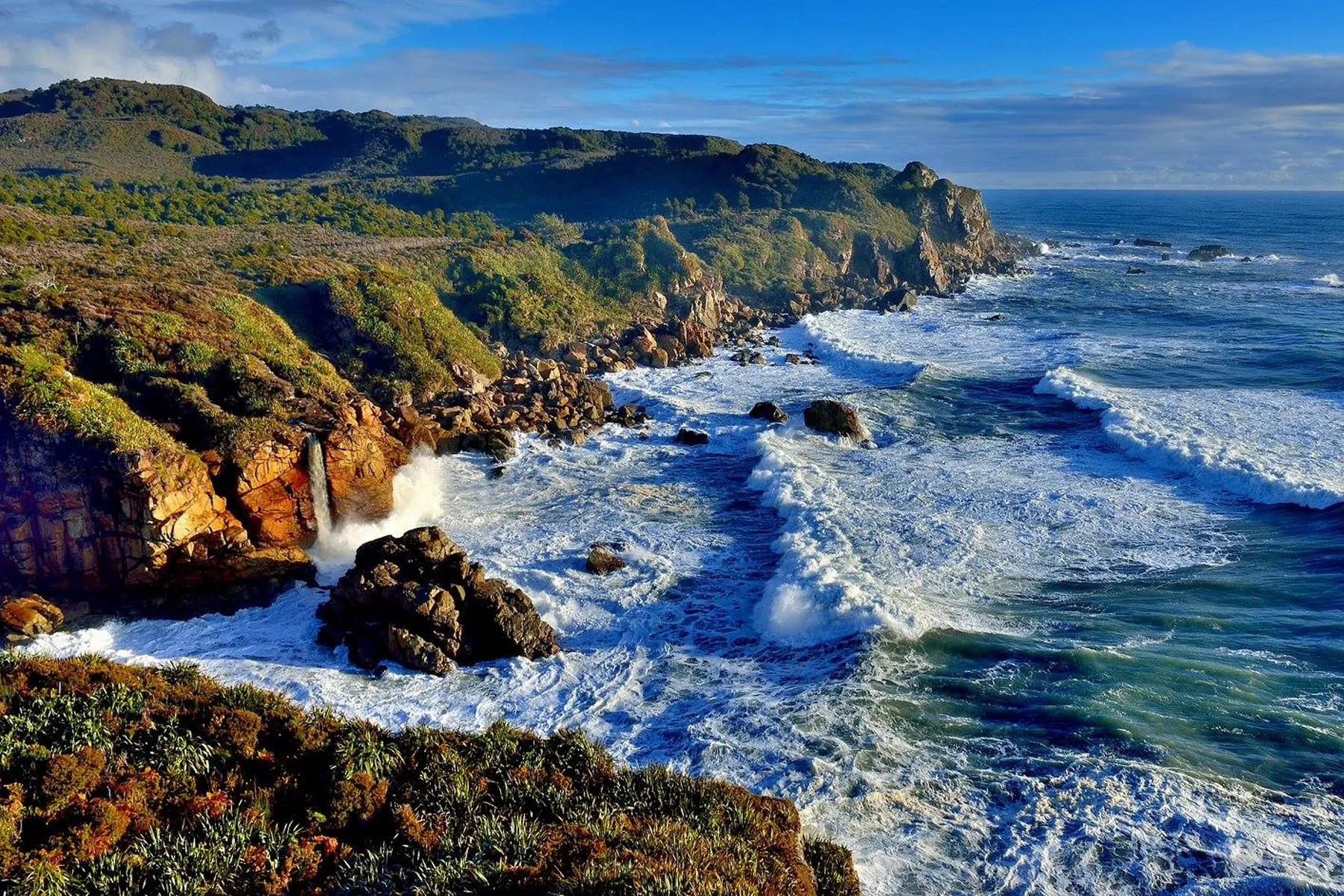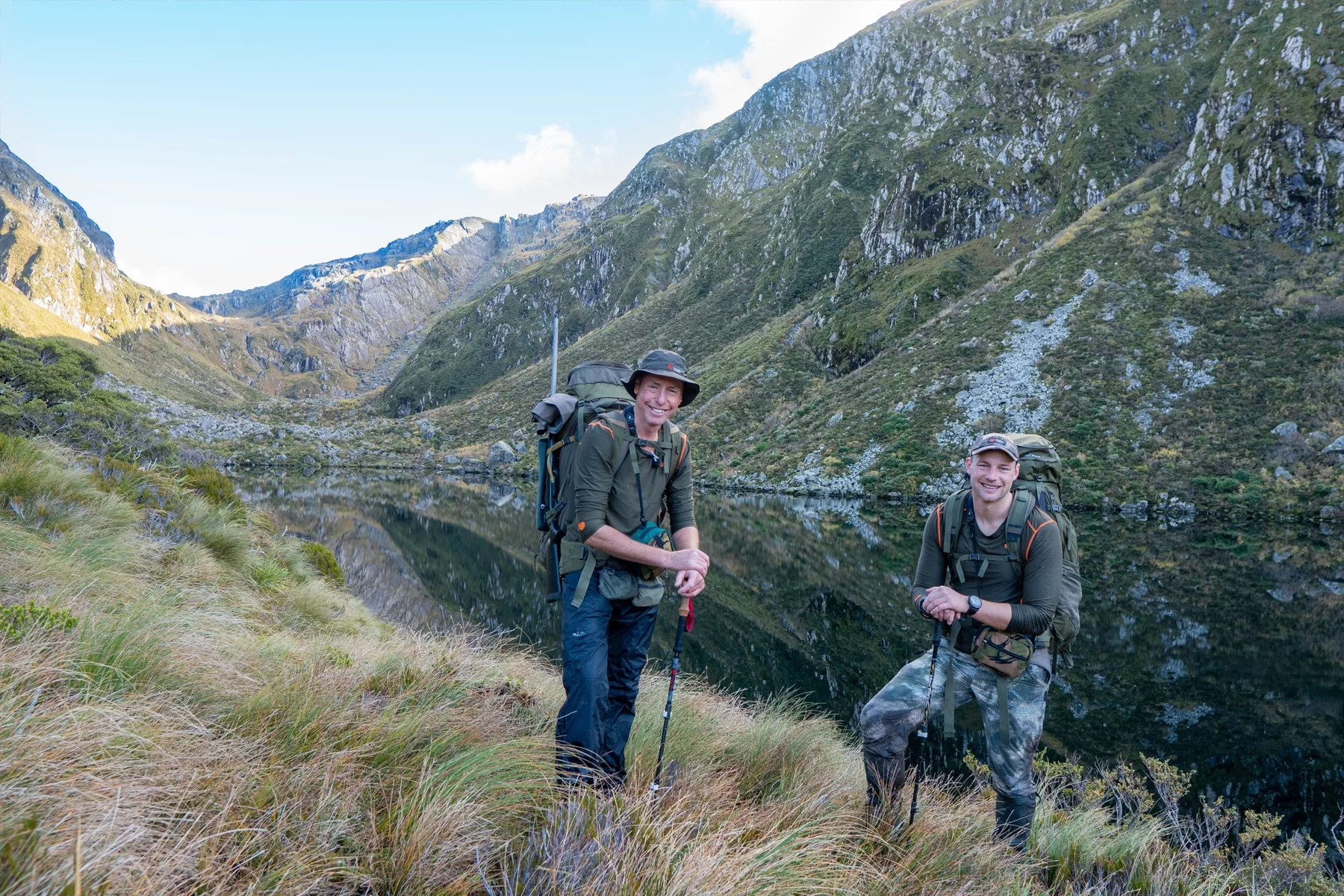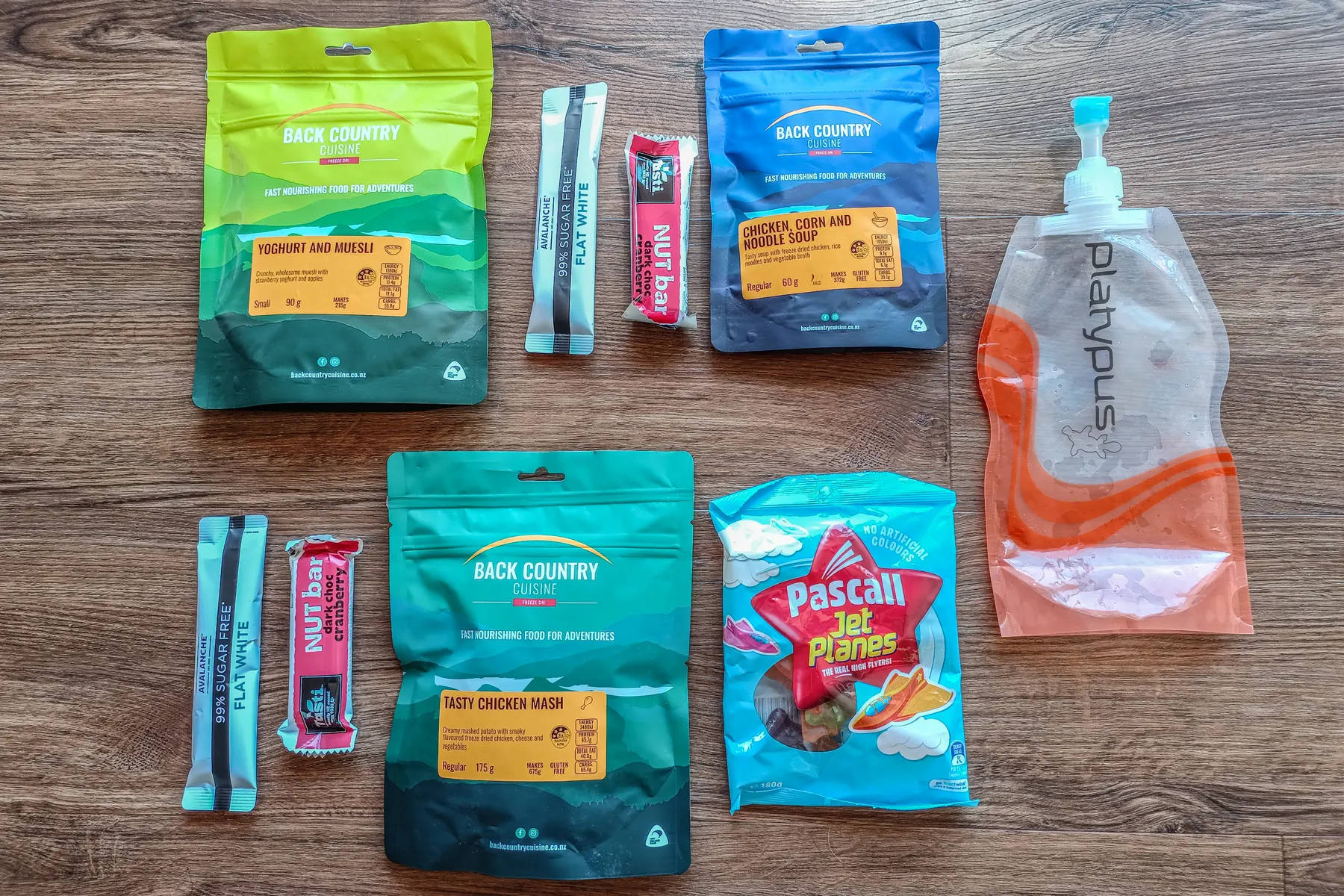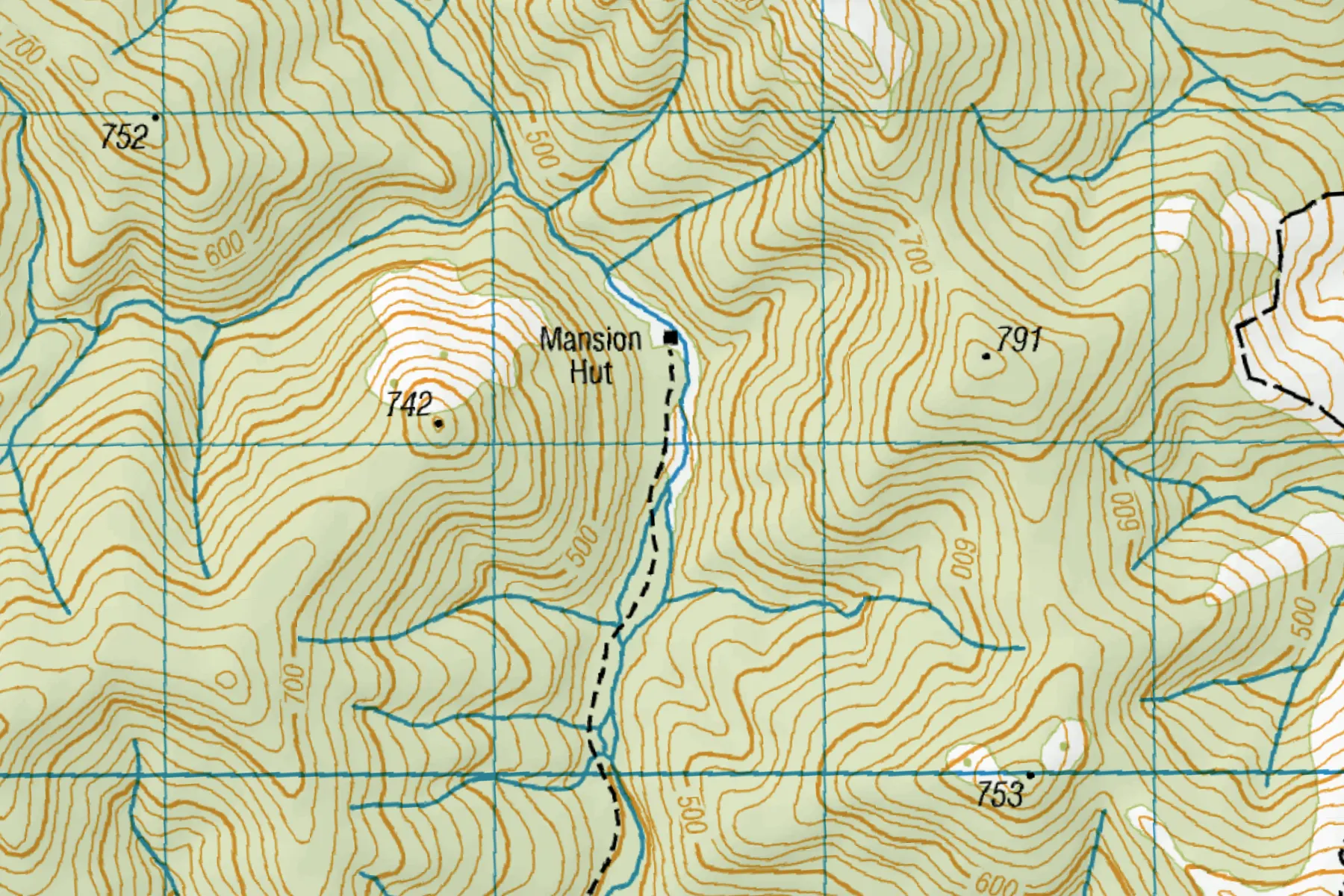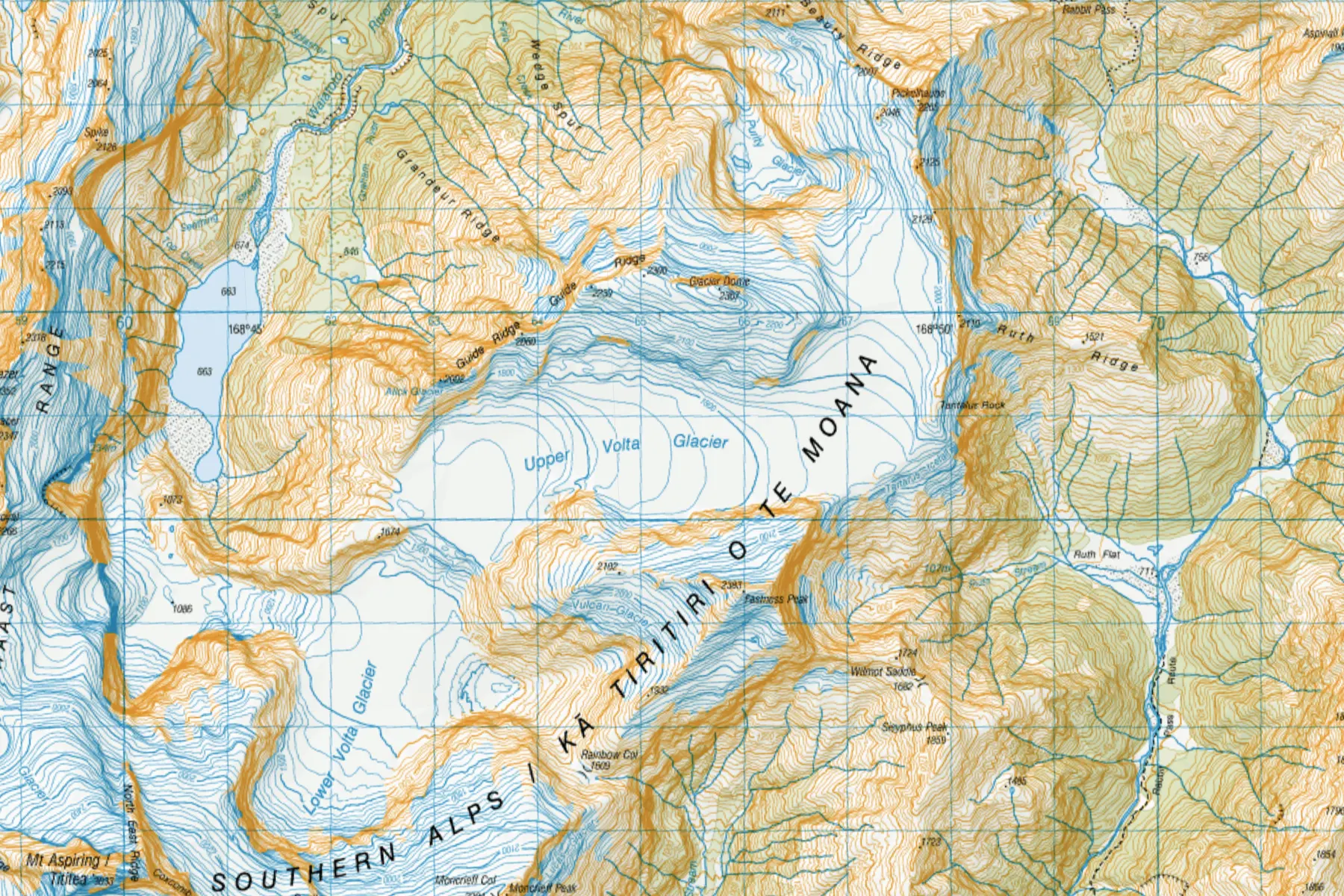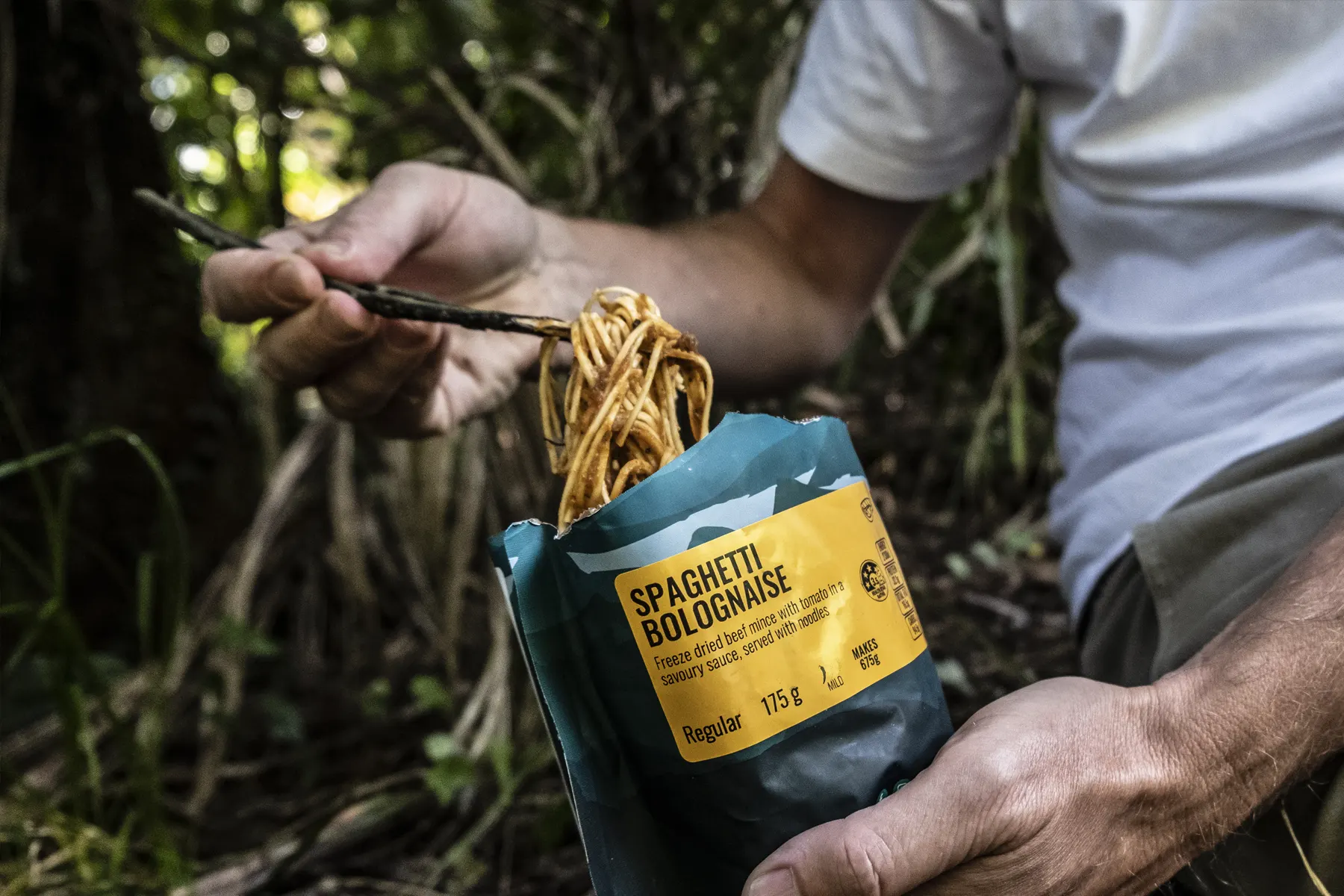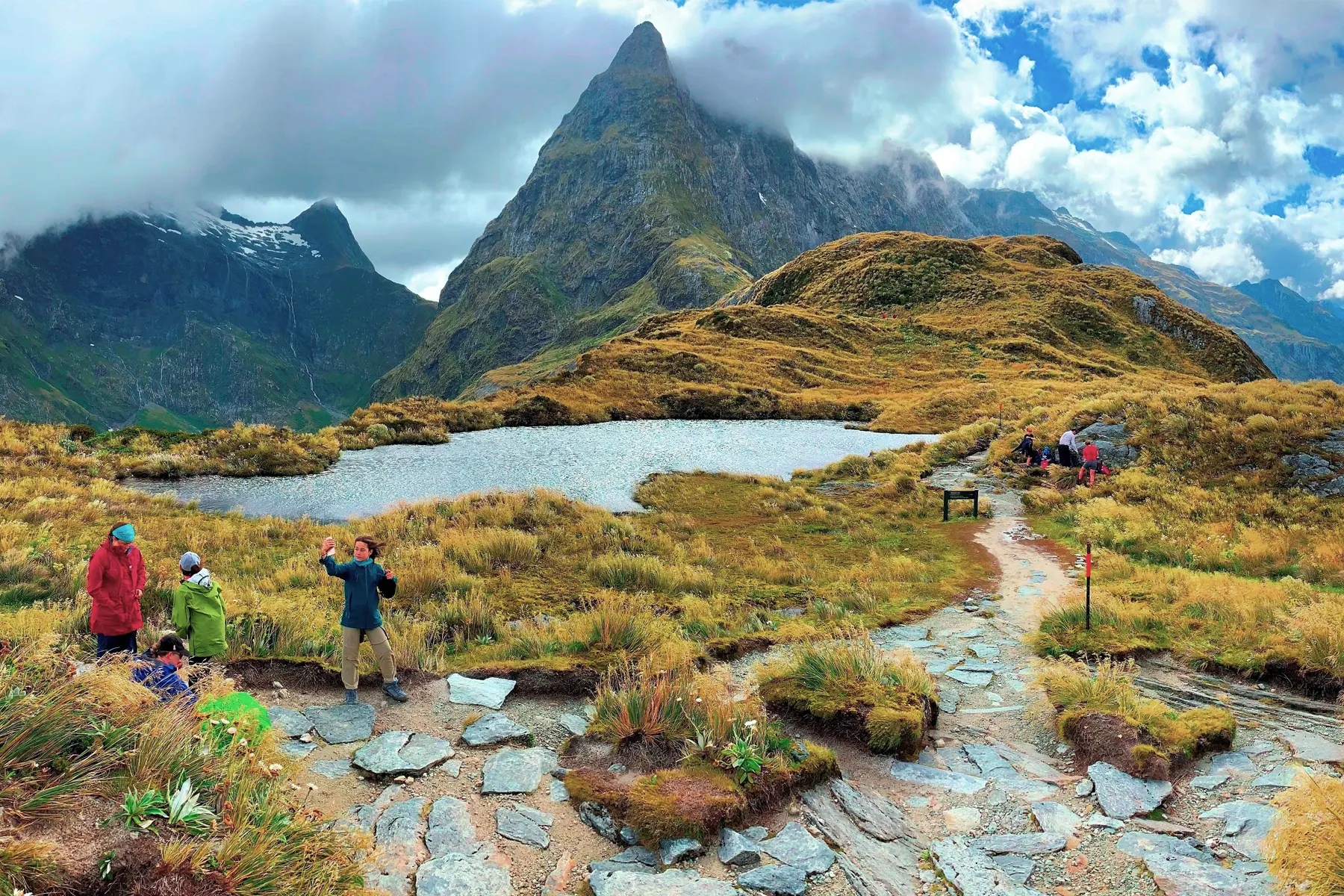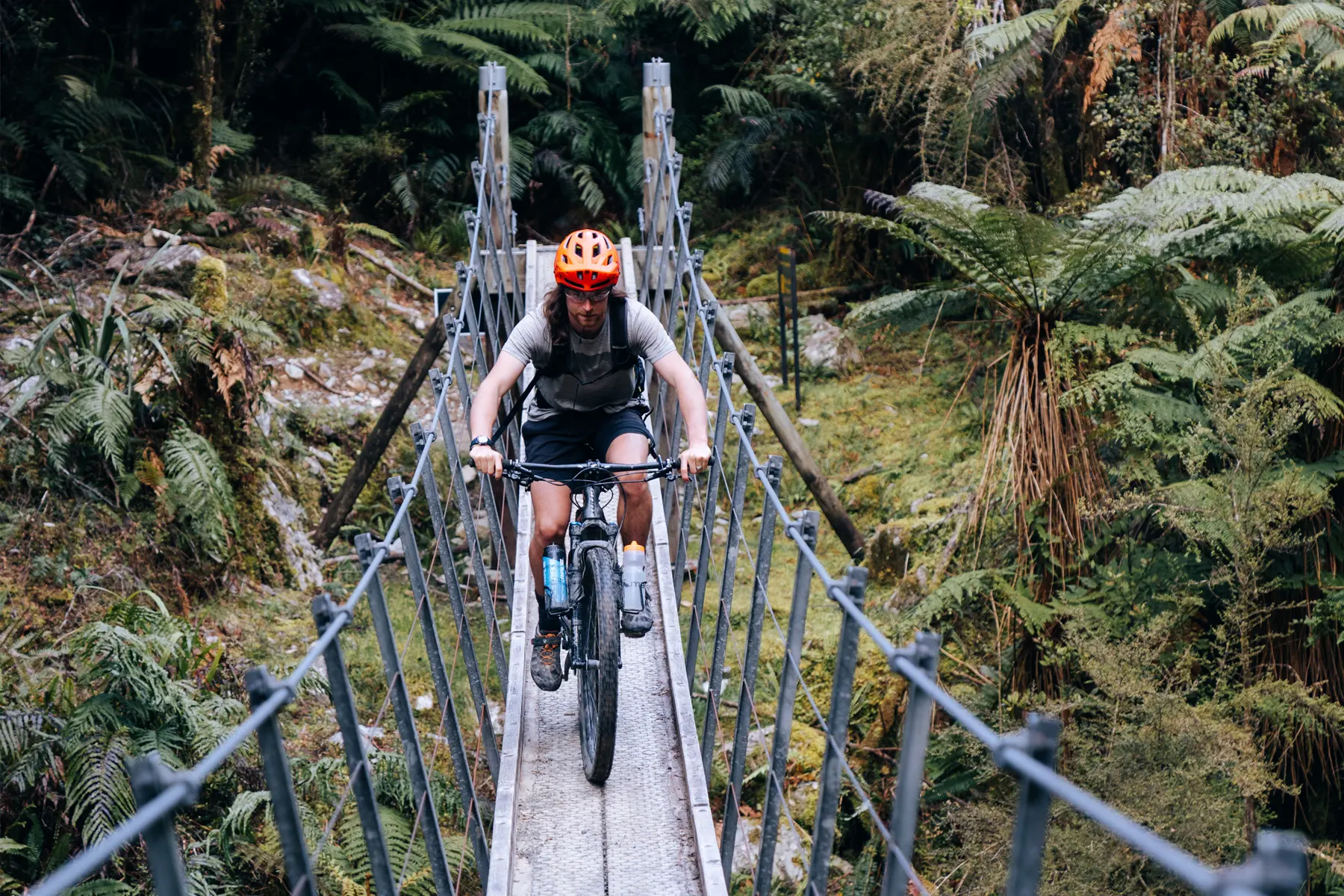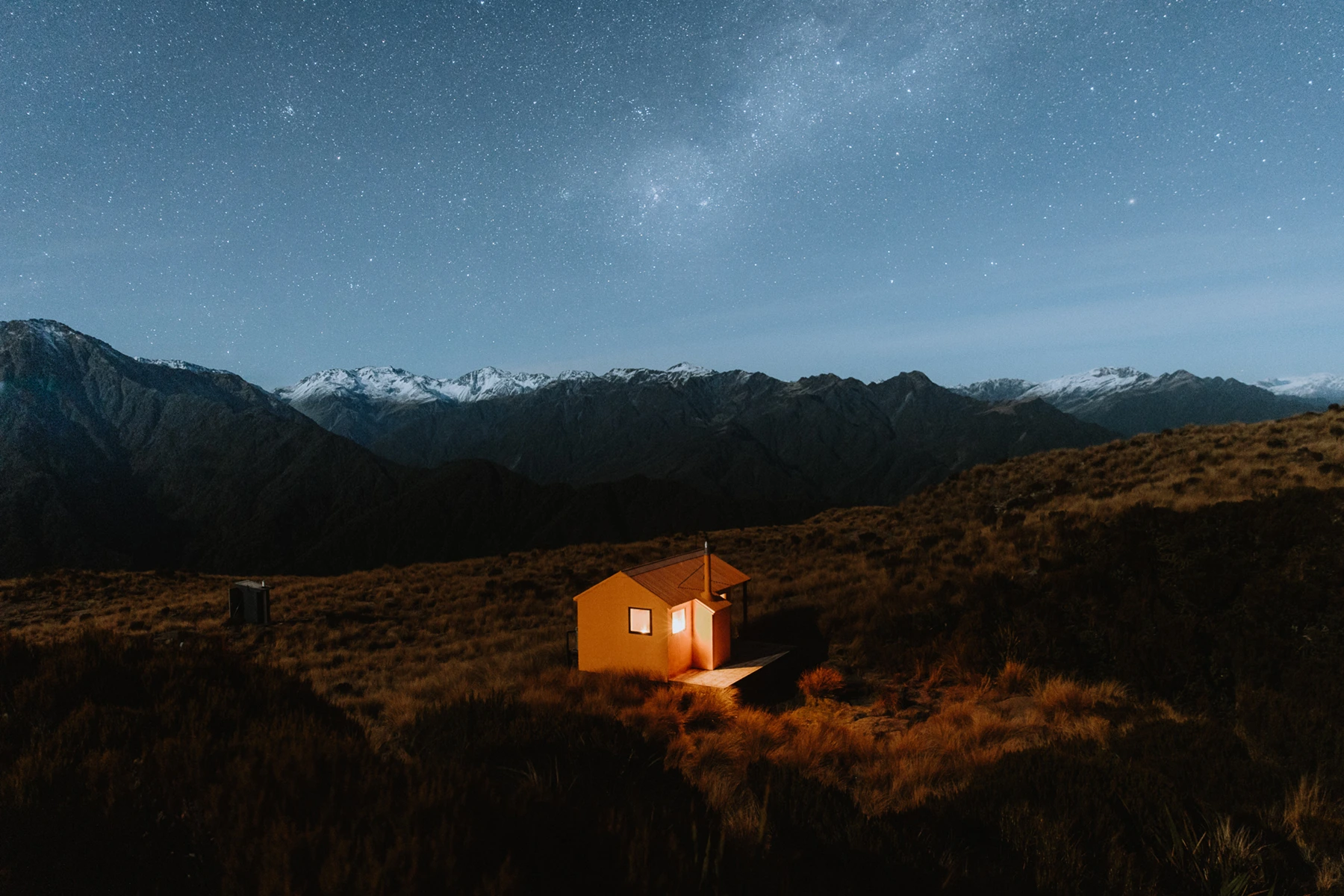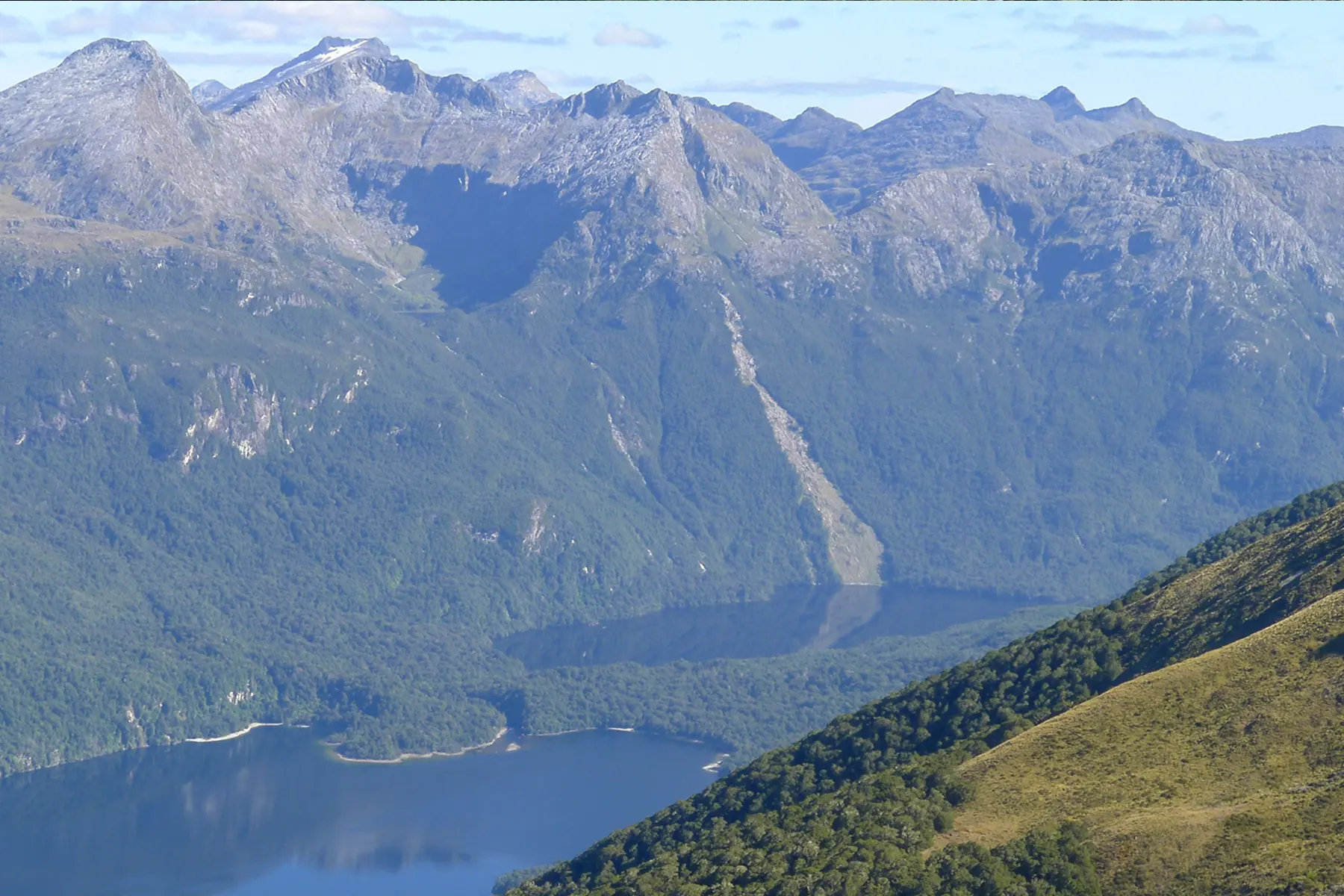Godzone Adventure Race | Meal Planning
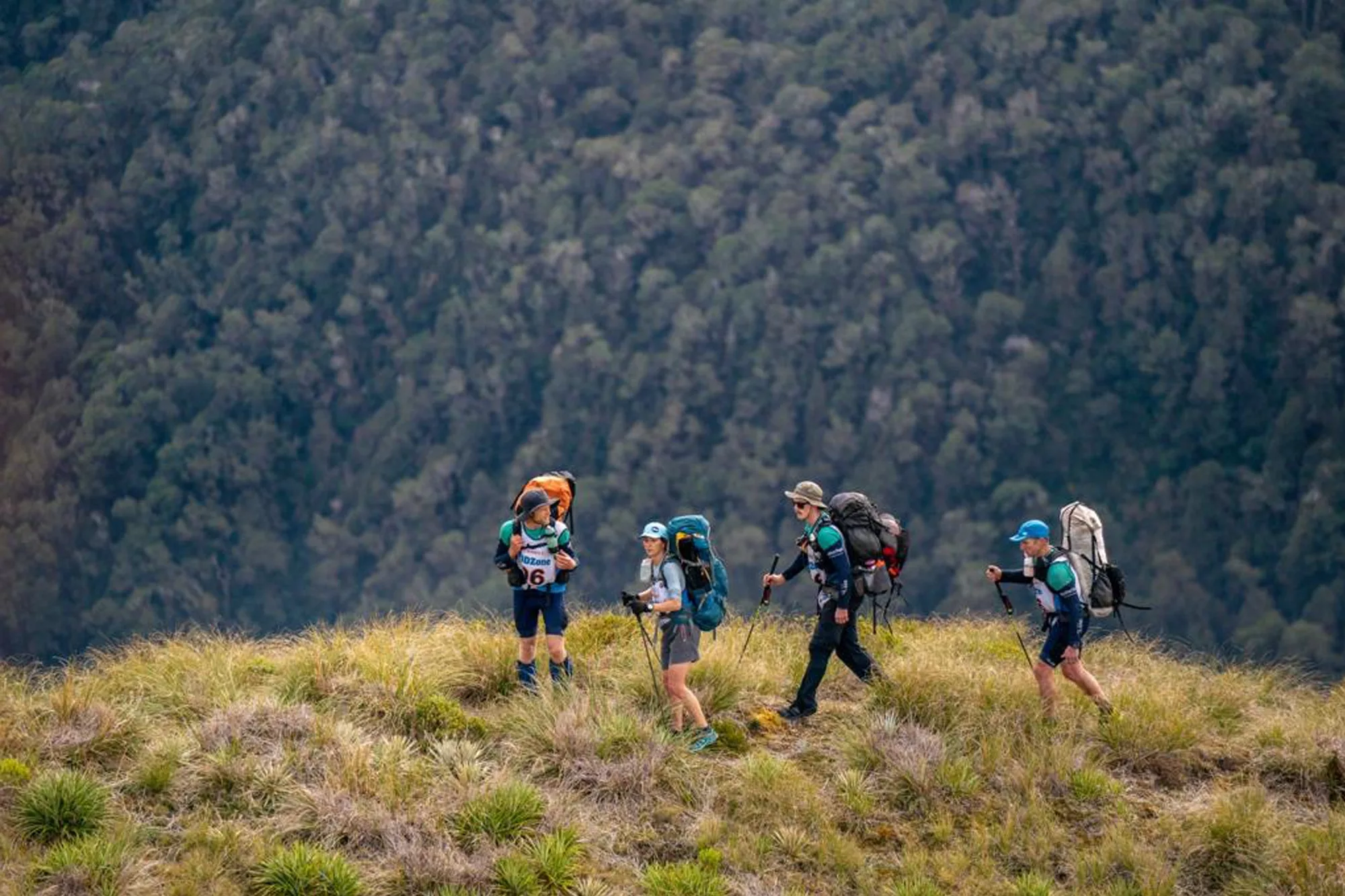
WHAT IS THE GODZONE ADVENTURE RACE?
Godzone is a multi-day adventure race held in New Zealand. It involves teams of four that navigate trekking, mountain biking, canoeing, and kayaking over great distances. 2022 was an event that transverse Aotearoa from the west coast to the east coast of Te Waipoinamu/South Island with the distance covering 710km.
As a novice adventure racer, starting with one of the most challenging adventure races in the world this was not the ideal progression. Nevertheless, this amazing experience provided me with some valuable life skills and learning regarding nutrition, fitness and wellbeing whilst racing in Godzone.
OUR TEAM
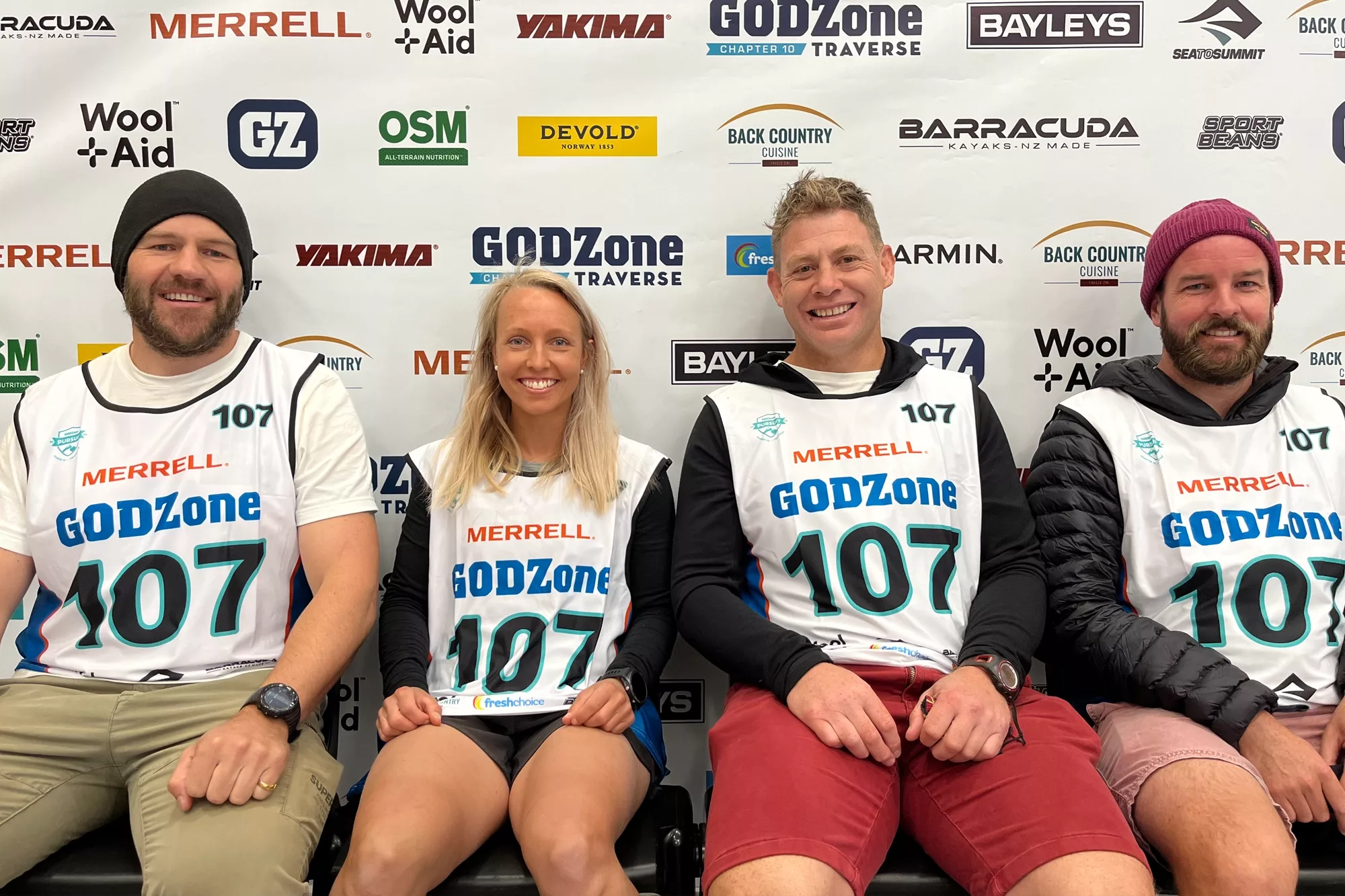
Our team raced in the Godzone Pursuit event which was designed around the Pure event with some subtle changes made to suit novice groups. Our team included Shannon Goldsmith, Sarah Jenkins, Andrew Rowden and myself, Will Payne.
I’m a tutor at the Southern Institute of Technology and lecture in nutrition. I also have been a Physical Conditioner, involved in the training of world champions and Olympic/Para Olympic athletes. I spent some time playing rugby in Scotland and Canada before returning to New Zealand where I continued to play before retiring and taking up running. I had never considered/planned to taking up adventure racing, it was only in the last year that this became something of a reality.
NUTRITIONAL PLANNING FOR GODZONE
Although I have scientific reasoning around nutrition, the nutritional planning proved to be a challenging task. Some of these reasons were based on this experience being my first novice endurance race, and I didn’t really know what to expect whilst out in the backcountry. We planned to consume around 20,000 to 25,000 kJ per day as this was the suggested recommendation within the research that I had read.
THE MEAL PLAN
We planned our eating around the transition phases. The plan was to eat whole food at transition and take enough food for the estimated time we would be out in the terrain. Below is a daily meal plan:
Meal |
Food |
Nutritional Information |
Reasoning |
Breakfast |
Back Country Cuisine Cooked Breakfast | Packet Energy 1910kJ (456Cal), Protein 22.5g, Fat - total 26.0g, Fat - saturated 7.6g, Carbohydrate - total 31.2g |
We wanted to have two hot meals as we carried a Jet Boiler and did not want to stop often. |
Snacks |
Trail Mix & Chocolate Bars | Mixed Nuts Per serving Energy 753 Protein 5.8g, Fat - total 15g Carbohydrate - total 4.8g, Chocolate Per serving Energy 590kJ Protein 2.3g, Fat - total 8.9g Carbohydrate - total 43g |
We made our trail mix with mixed nuts and chocolate. The plan was to eat this daily, around three servings per day. |
Lunch |
Back Country Cuisine Yoghurt & Muesli | Packet Energy 1590kJ (379Cal), Protein 11.4g, Fat - total 11.1g, Fat - saturated 4.8g, Carbohydrate - total 55.8g |
We wanted food we could eat on the run rather than stopping to heat water. |
Snacks |
One Square Meal Bars | Packet Energy 2900kJ Protein 16.7g Fat - total 23.3g, Carbohydrate - total 88.9g |
We planned to eat at least three bars per day |
Dinner |
Back Country Cuisine Chicken Carbonara | Packet Energy 1730kJ Protein 22.5g Fat - total 15.1g Carbohydrate - total 45.8g |
We were planning to eat this meal at the end of the day as we needed to use the Jet Boiler. |
Hydration |
Vitasport Electrolyte Gels | Packet Energy 522kJ Protein <0.1g Fat - total <0.1 g Carbohydrate - total 30.5g |
We planned to have two packets per day. |
| Hydration | Pure Fluid Energy Gels | Packet Energy 438kJ Protein <0.1g Fat - total <0.1 g Carbohydrate - total 25.7g |
We planned to have three packets per day. |
Totals |
20317 kJ per day |
GODZONE 2022: THE RACE FROM A NUTRITIONAL PERSPECTIVE
STAGE 1
3 km Canoe into the Milford Sound
Personally, I found the start of this race really challenging. My previous experience on the water with boats/waka have been waka ama and sea kayaks, so I was not prepared for the frustrating and taxing experience that we were about to take on.
Due to the lack of experience with the inflatable kayak, we found this part of the race extremely disheartening, and importantly very time consuming, the operation of the inflatable meant that we found ourselves paddling in circles and not getting anywhere until we eventually worked out strategy to get us moving - this consisted of weight distribution and reducing the power of strokes. As a result, we ended up last, and I doubted my ability to be an adventure racer.
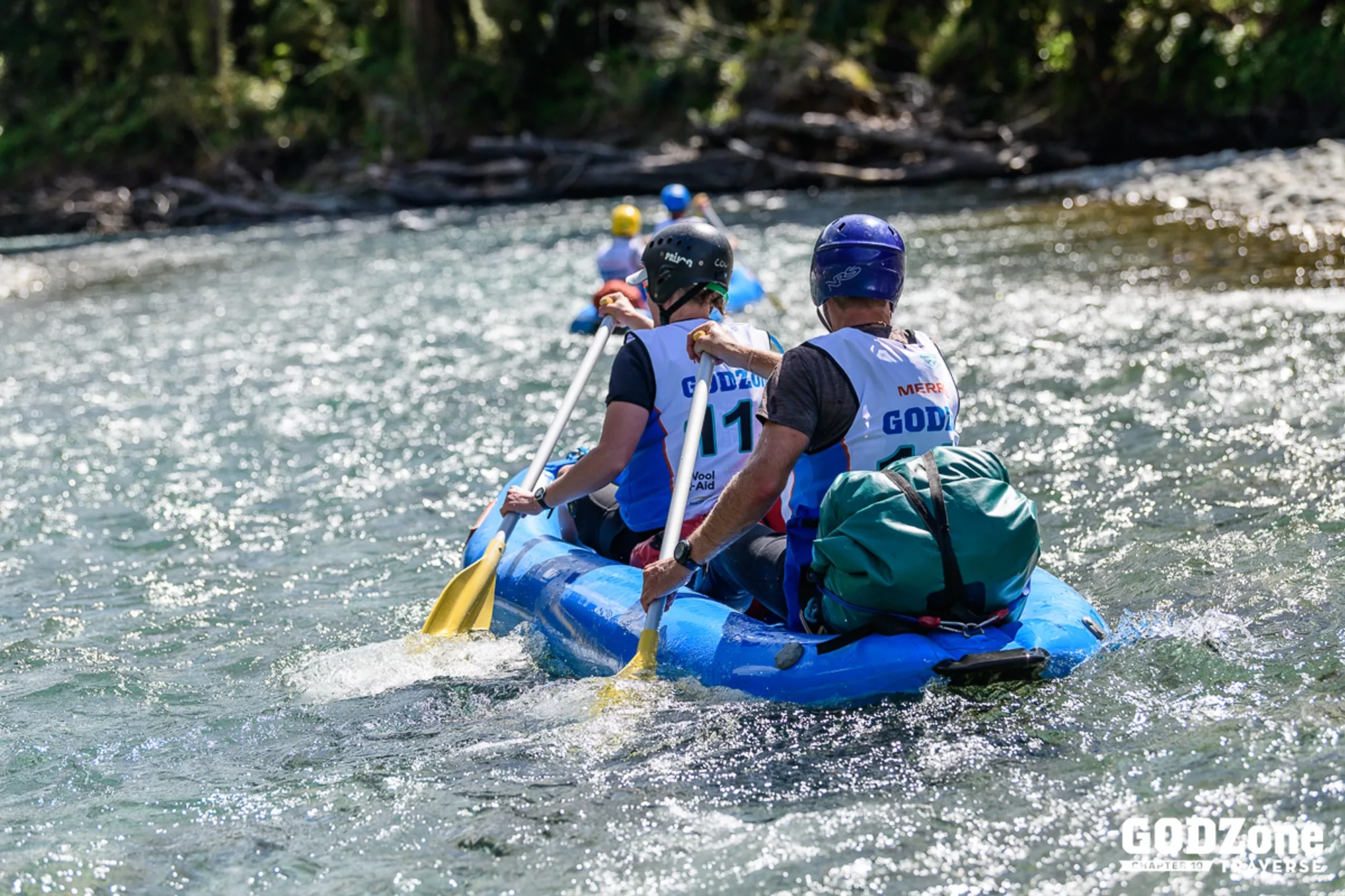
42km Mountain biking Homer Tunnel
The mountain biking section was an area where I felt more comfortable due to my mountain biking experience. All team members were experienced mountain bikers so using our strength, we found ourselves passing other teams, our team spirits improved and we were on the move.
We carried light and our nutrition supplies consisted of sports bars and drinks, we arrived at our next check in point in with our support crew ready and waiting, then began examine the next leg of the race.
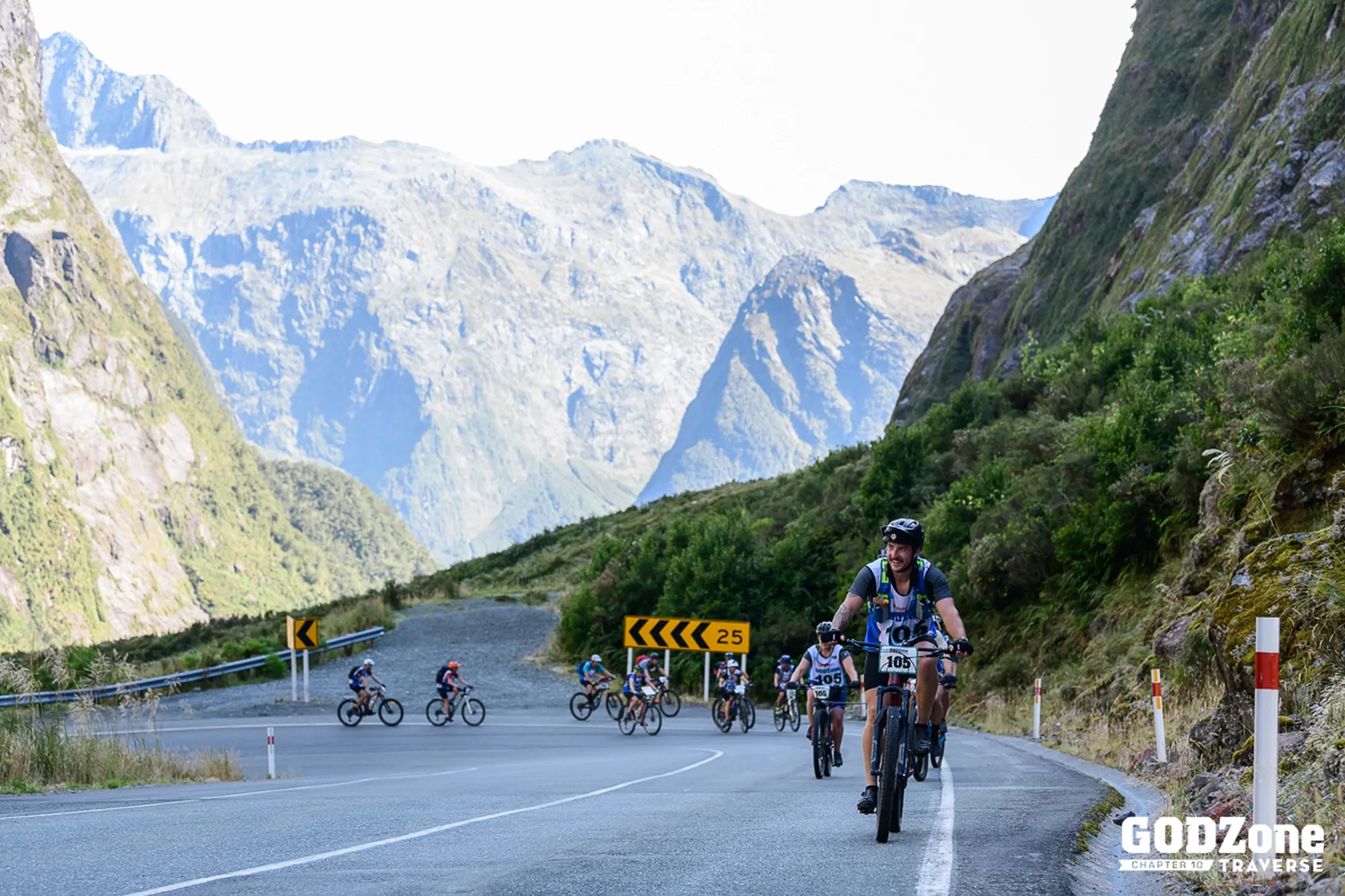
STAGE 2
17km Canoe in Hollyford River
Our support crew had a cooked meal ready for us which enabled us to eat and build up our energy stores and much needed carbs for the next stage of the race which consisted of paddling Hollyford river. This was to be our last time that we would see our support crew until Glenorchy - three days later. Our nutrition supplies consisted of sports bars and trail mix.
STAGE 3
30km Trek “Park Pass” Hike
This stage proved to be a challenging one, it was the gamebreaker for many of the teams. Our plan was to complete this stage in two days but it took us three days - it was a tough stage. We had packed enough food to last us the three days, however we found ourselves sharing food while racing rather than focusing on eating a meal each which lead to a significant learning point - due to the constant racing, hunger was put aside, it didn’t really exist while we raced in this section.
STAGE 3B
27km Canoe Dart River
I found this stage of the race an enjoyable fun stage. We were given a limited time to race this stage due to dark zone rules being put in place - we were not able to paddle after 8.00pm, if you didn’t make this time, then the requirement was to stop. The team was on fire and we were all in good spirits.
STAGE 4
90km Mountain biking; “Greenstone Von”
We arrived in Glenorchy to a lovely hot meal made by our support crew which we demolished in no time then went into preparation mode for the next leg of our race. Our nutrition supplies consisted of Back Country freeze dried meals, sports bar/drinks and trail mix, we took enough food to last us for 12 hours.
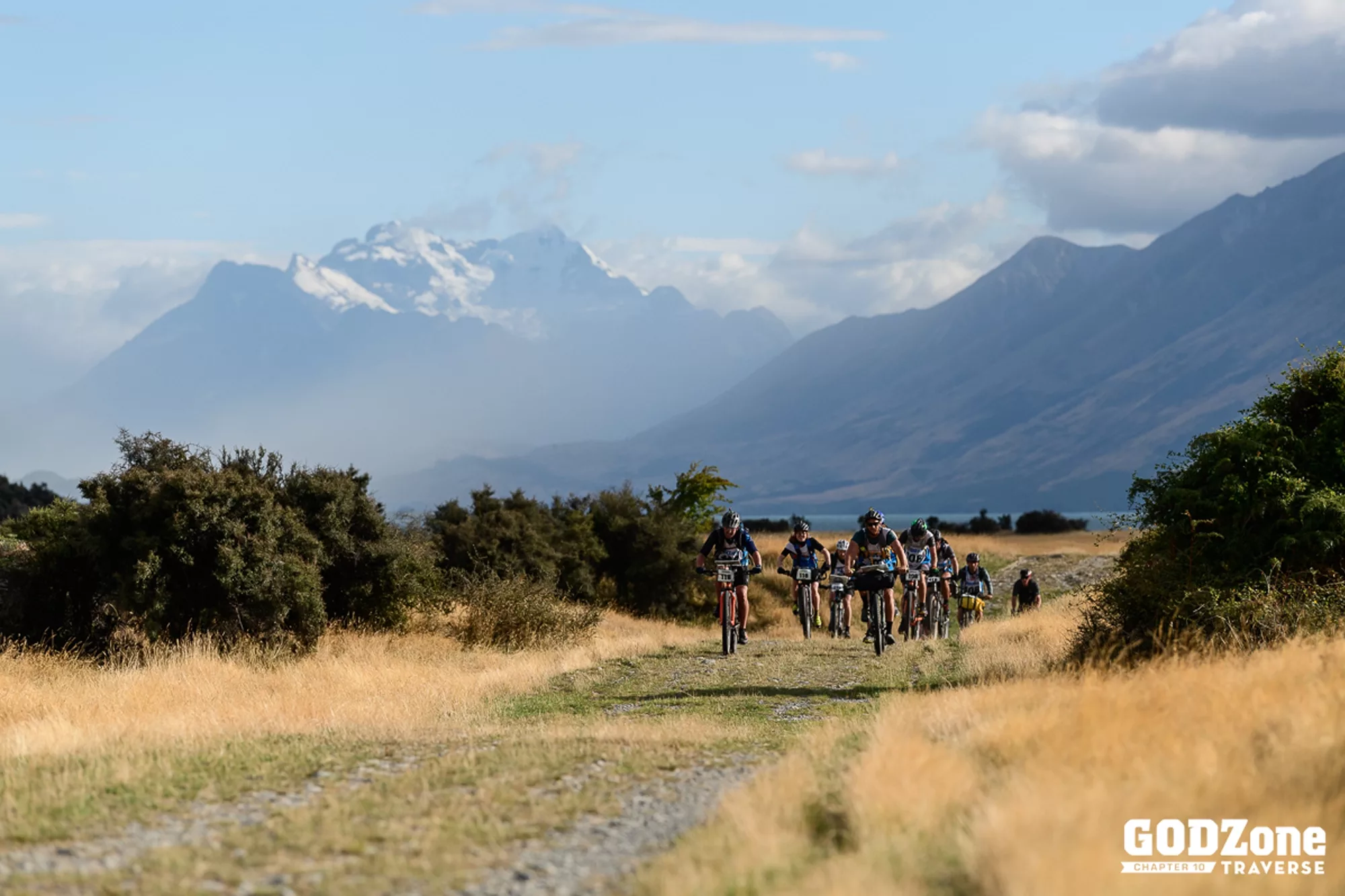
STAGE 5
56km Hike “Eyre Mountains”
The hike through the Eyre mountains proved to be one of the most challenging stages of the race with the mountains testing us both physically and mentally. At the outstart, we hoped that it would take us two days to walked these mountains however, we planned for three days of nutrition and luckily we did as the hike took us three days to complete.
Unfortunately, we were short-coursed due to not completing this stage on time so we moved on to stage 9, missing out stage 6 to 8 which would have been an amazing experience.
STAGE 9
38km Kayak “Taieri River”
This stage of the race was slow going and the lack of current/force, assistance from the river made it difficult to move at times. We carried light and our nutrition supplies consisted of sports bars/drinks, and trail mix.
STAGE 10
19km Hike “Brighton”
We carried light and our nutrition supplies consisted of sports bars/drinks and trail mix.
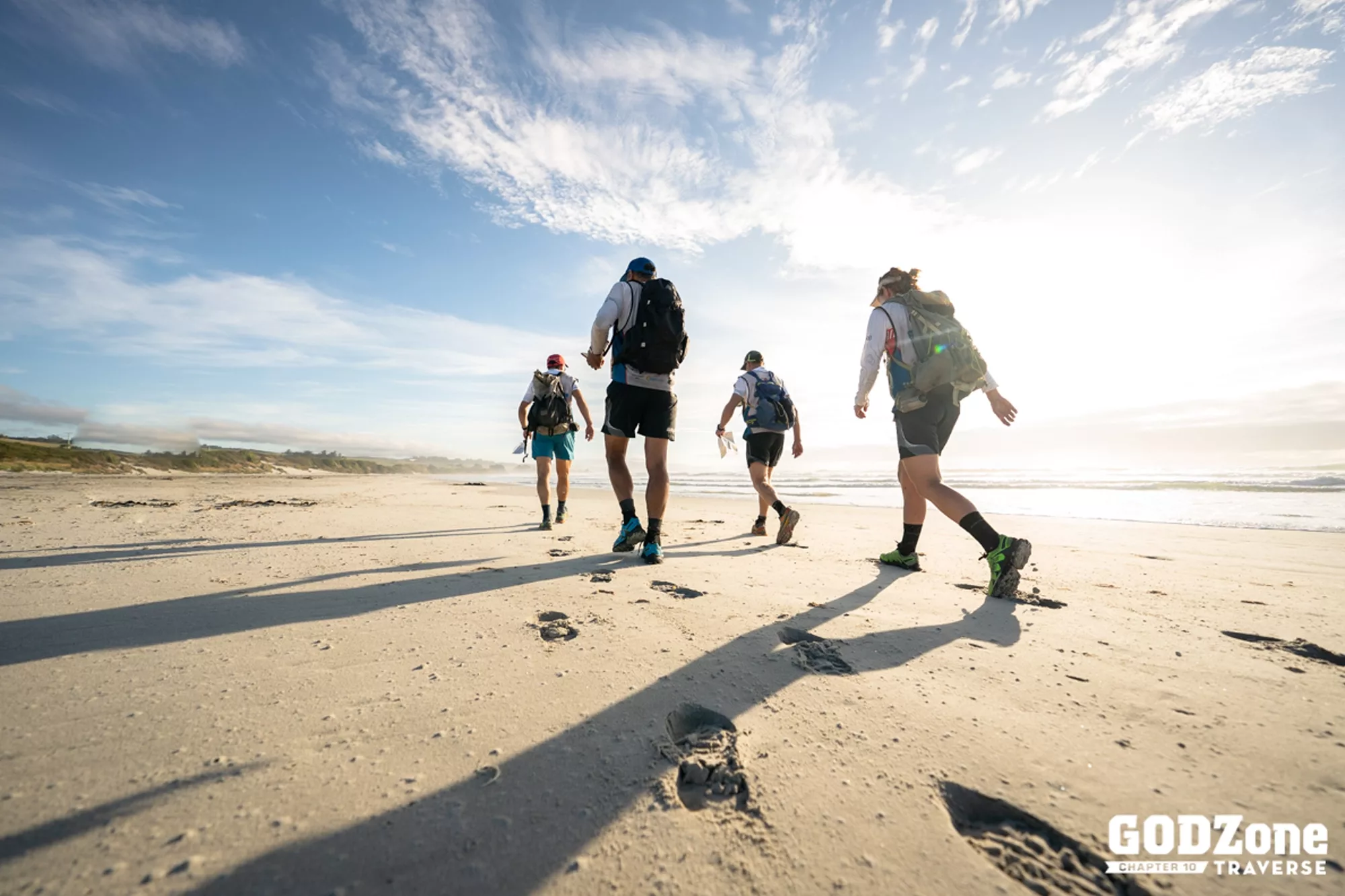
GODZONE 2023
We are competing in the 2023 Godzone Race with a team that is Southland based consisting of the following team members Kristie Simpson, Grant Stewart, Steve Ledington and myself. The benefit of having a team locally means that we can train together on a more regular basis with locations for training easier to access in particular the kayaking.
FIVE KEY LEARNINGS FROM GODZONE 2022
1. At Transition Phases
Ensure we have fresh food to last the first day once we have left our support crew onto the next stage of the race. The fresh food provides variety and delays the consumption of dried food and sports food we we will eventually need to eat. In addition to having fresh food, this should encourage our motivation to eat food rather than leave it out.
2. Variety Of Food
Ensure that we pack a variety of food rather than the same sports bars and trail nuts. We need to stay motivated to eat and avoid becoming bored with our eating while racing.
3. Make Sure Everyone Is Having Their Say In The Food
The organisation of food needs to be carried out by the whole team, not one team member. If we take on the team approach around food, then team dynamics is enhanced.
4. Taste Before Consuming
Consuming food and maintaining a constant eating pattern during the race was a struggle especially with eating freeze dried food. In preparation for future races, I will taste them before selecting the flavours for the race.
5. Hydration
The importance of avoiding dehydration is critical in adventure racing. Calculating the team members sweat rates is extremely important. This would provide us with an estimate of how much fluid we would need to travel with during each race stage.
To keep up to date with our latest blog sign up to our newsletter.


